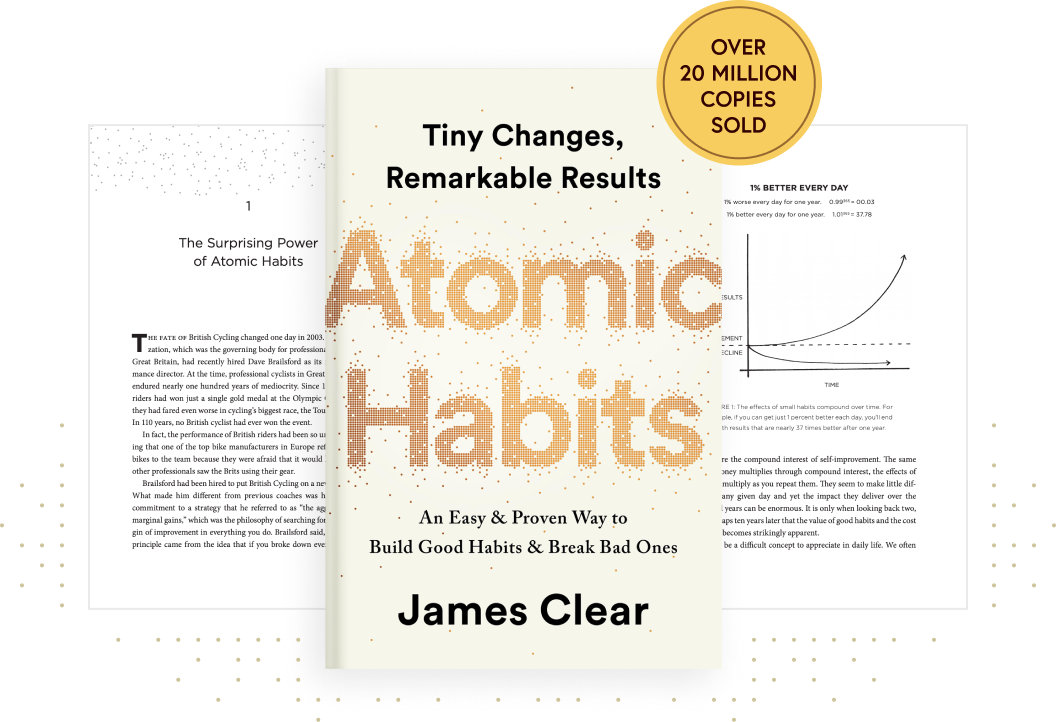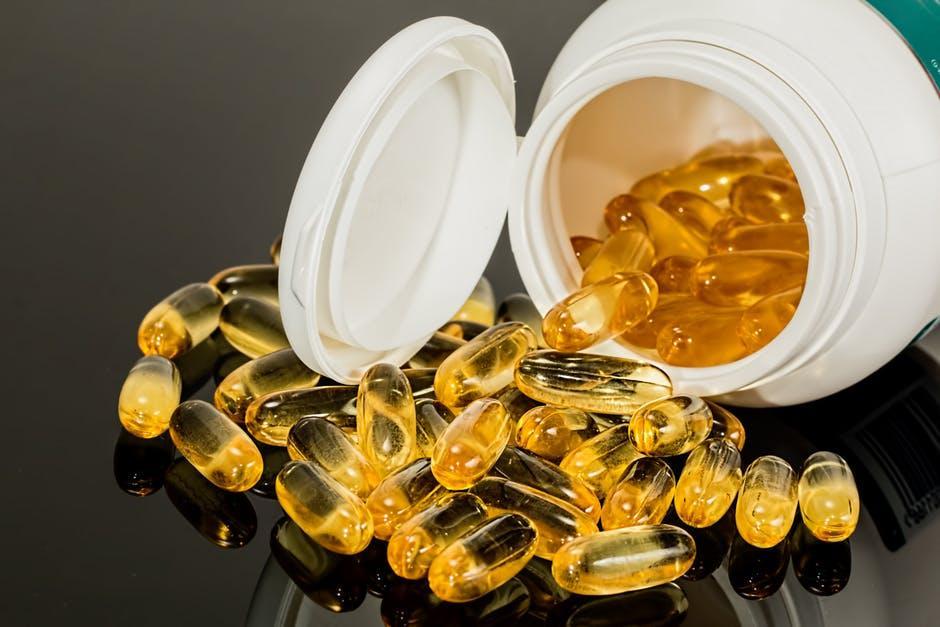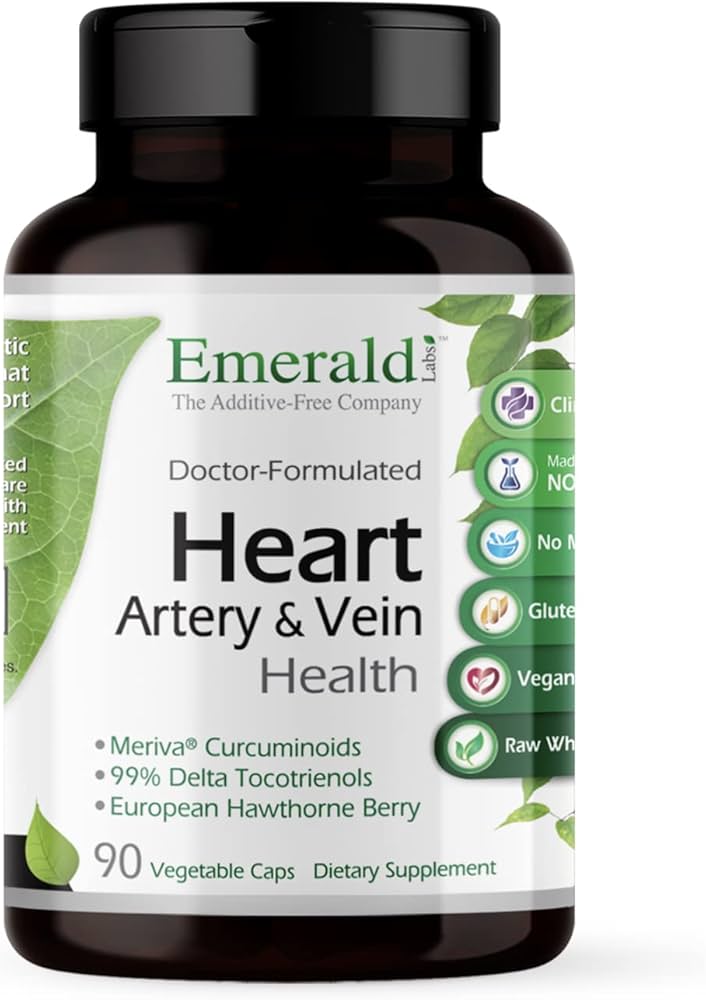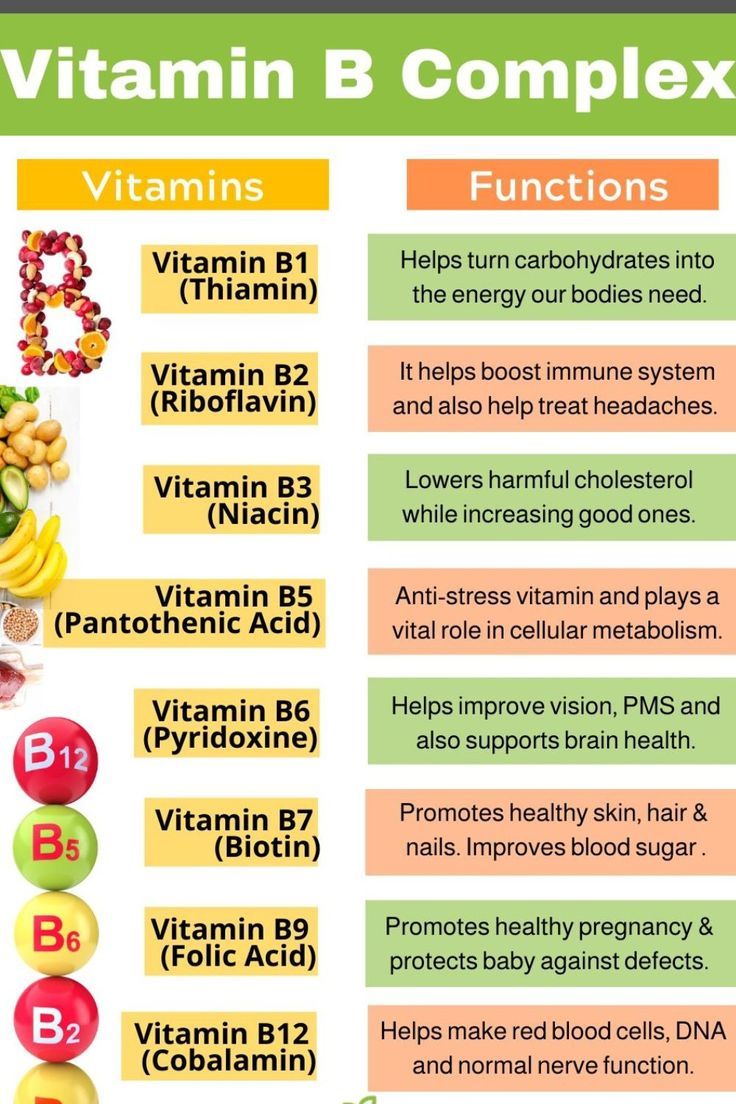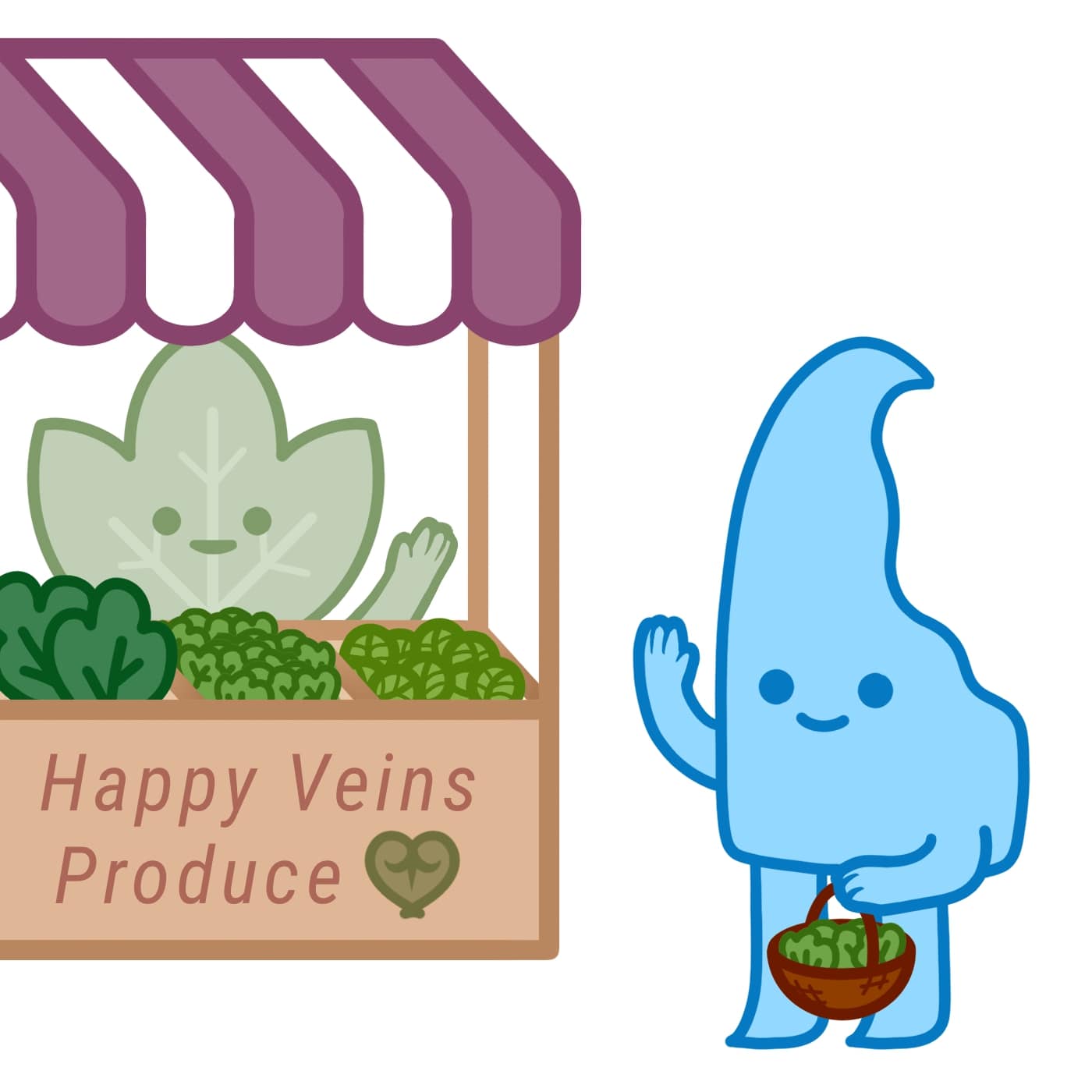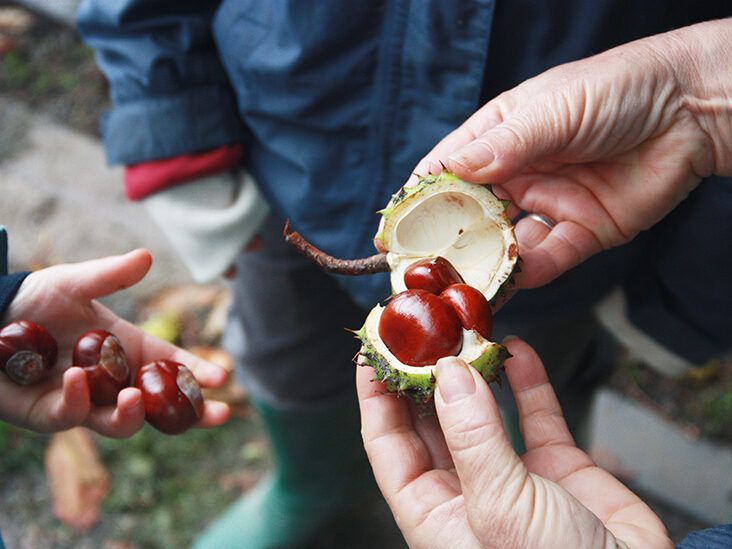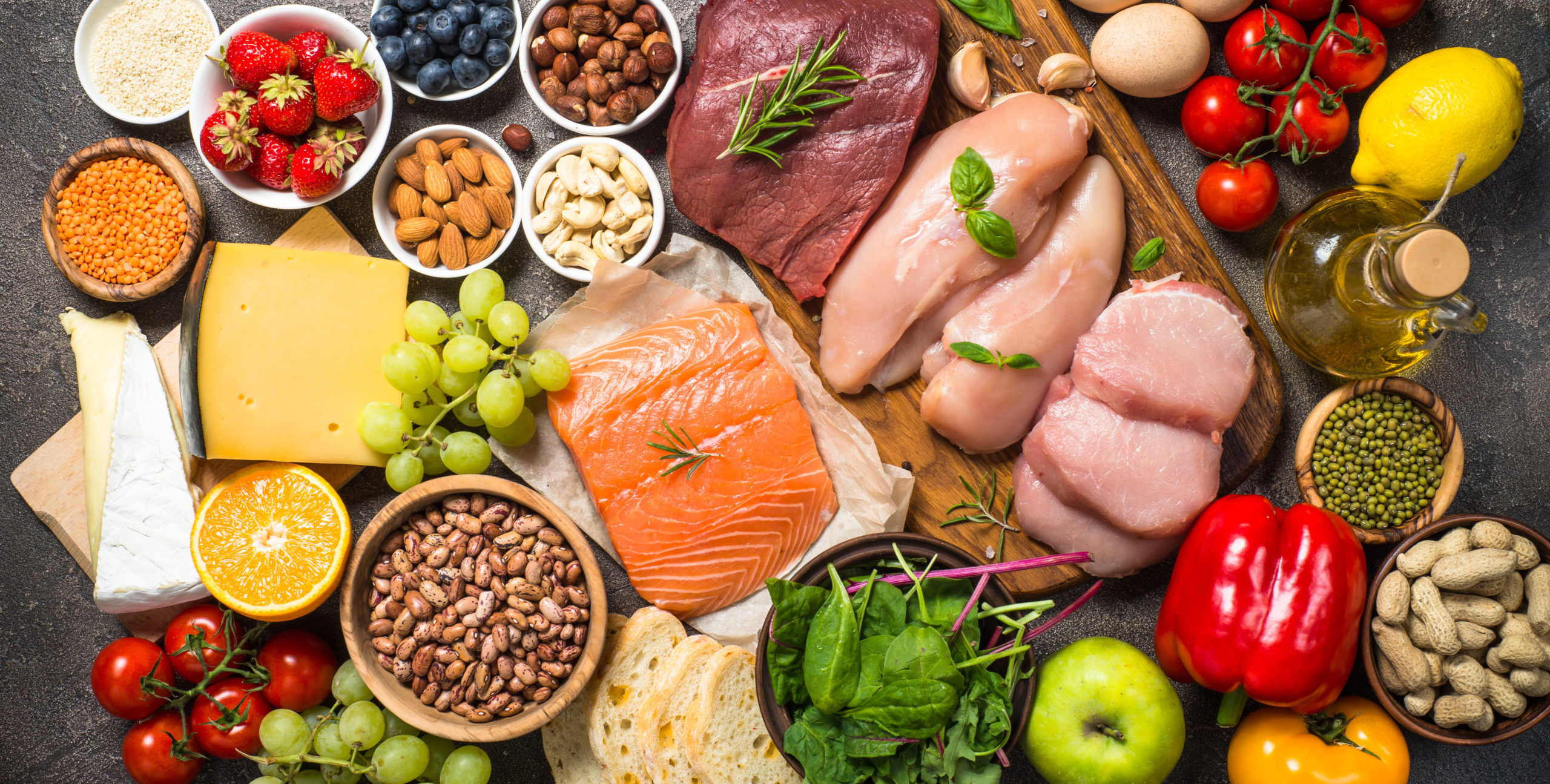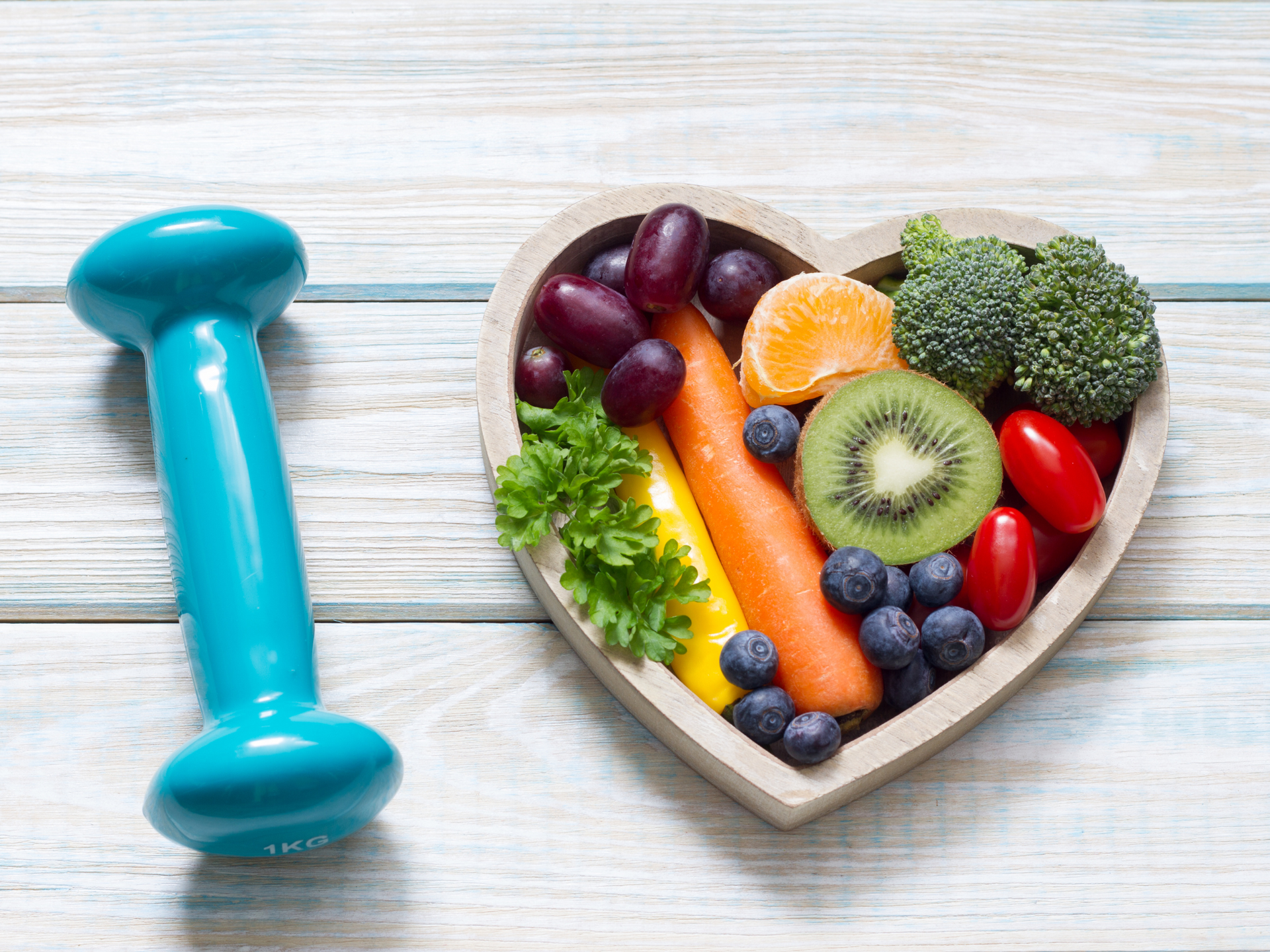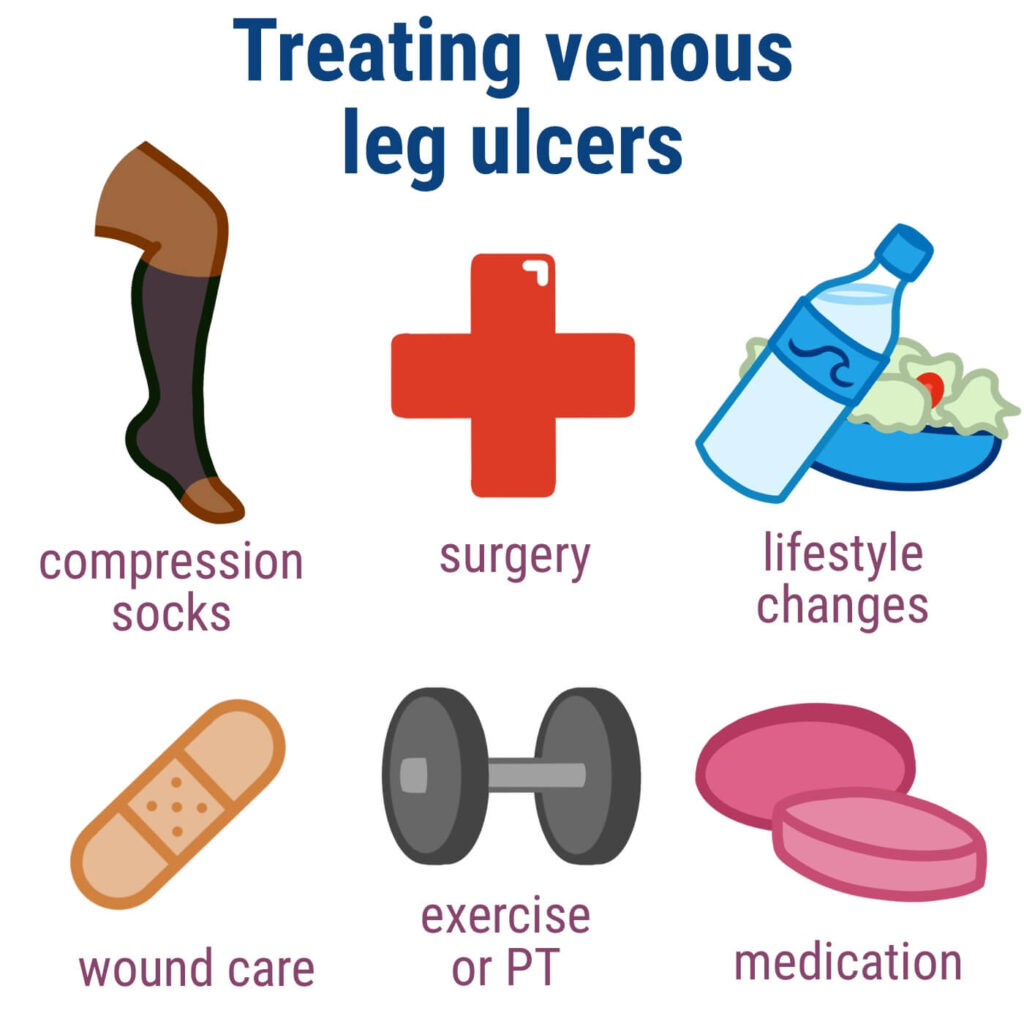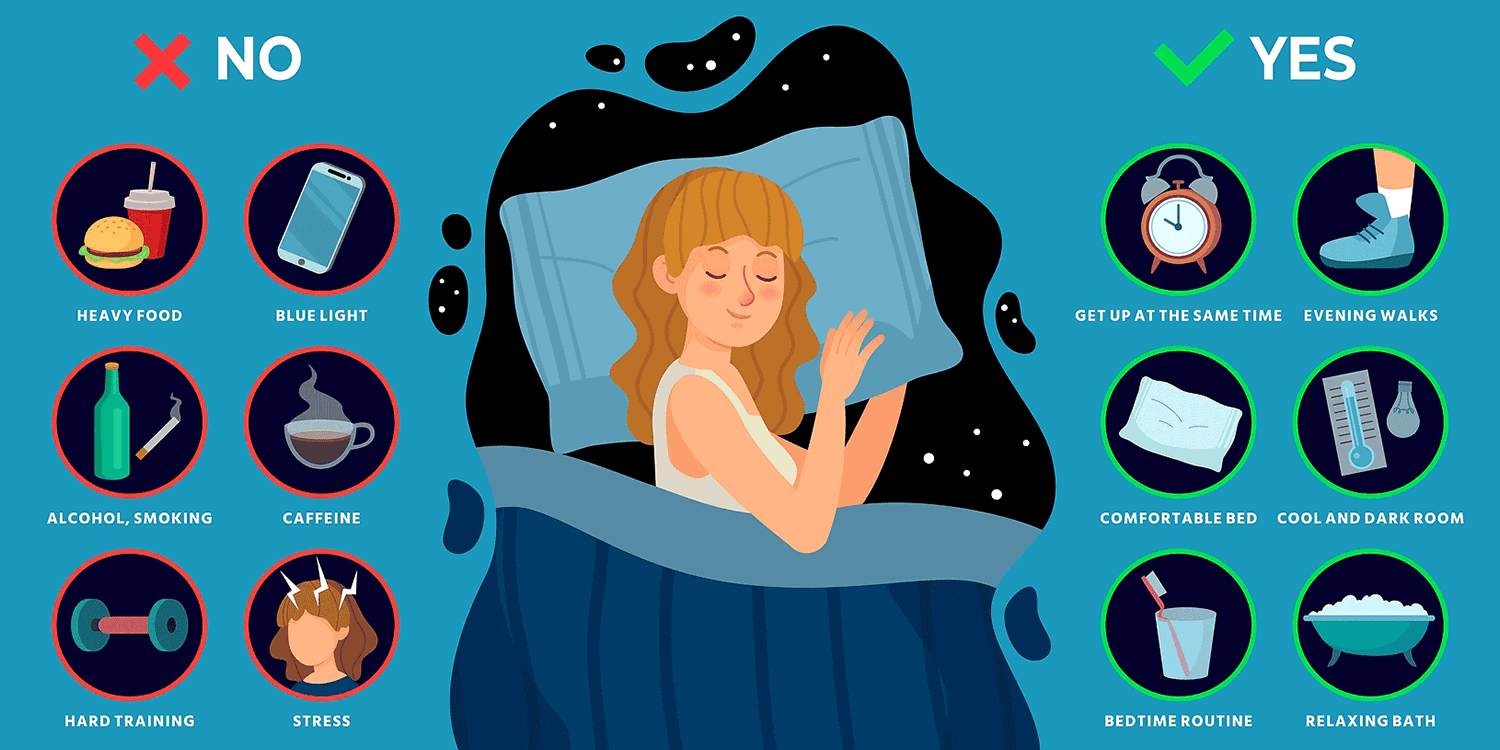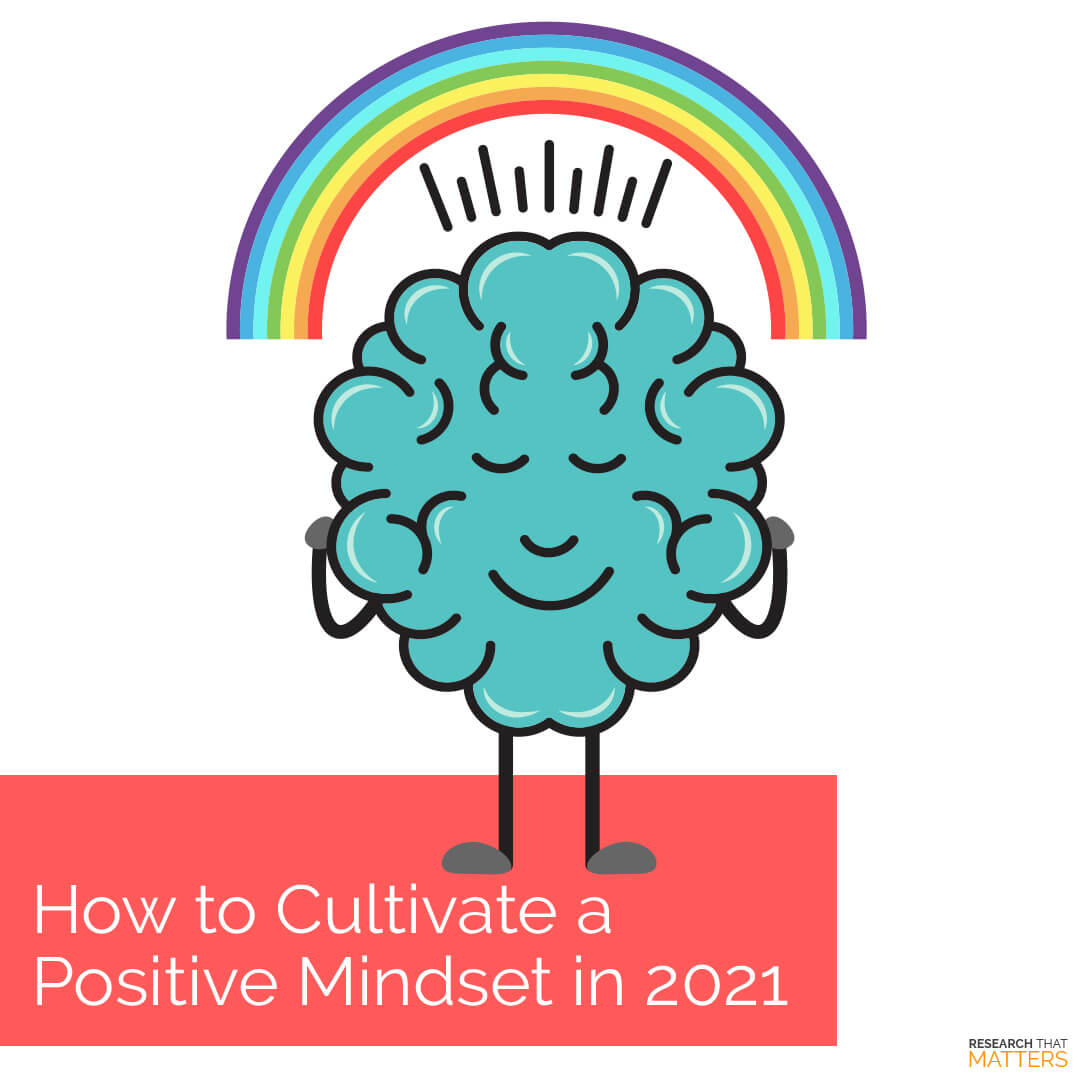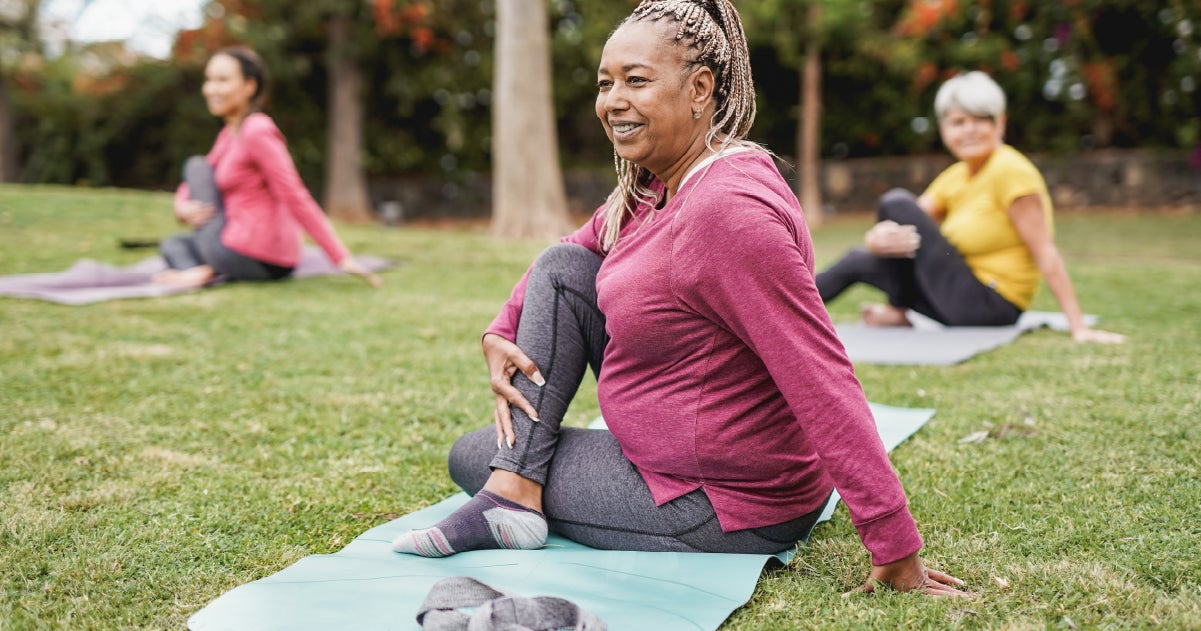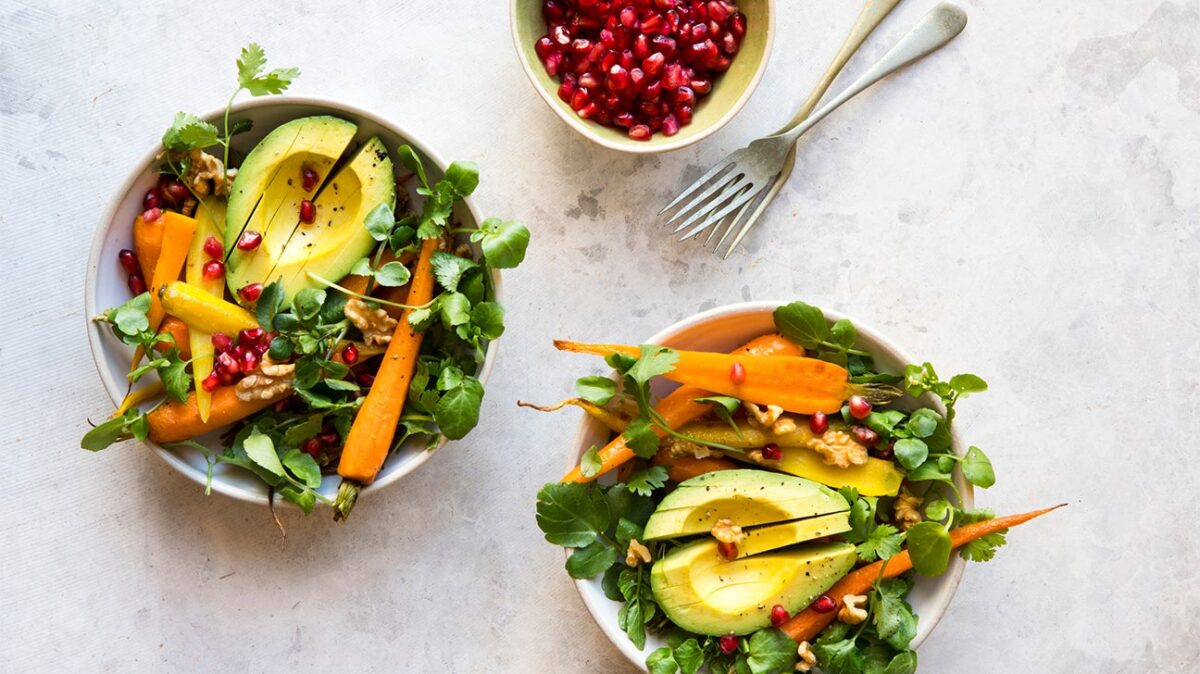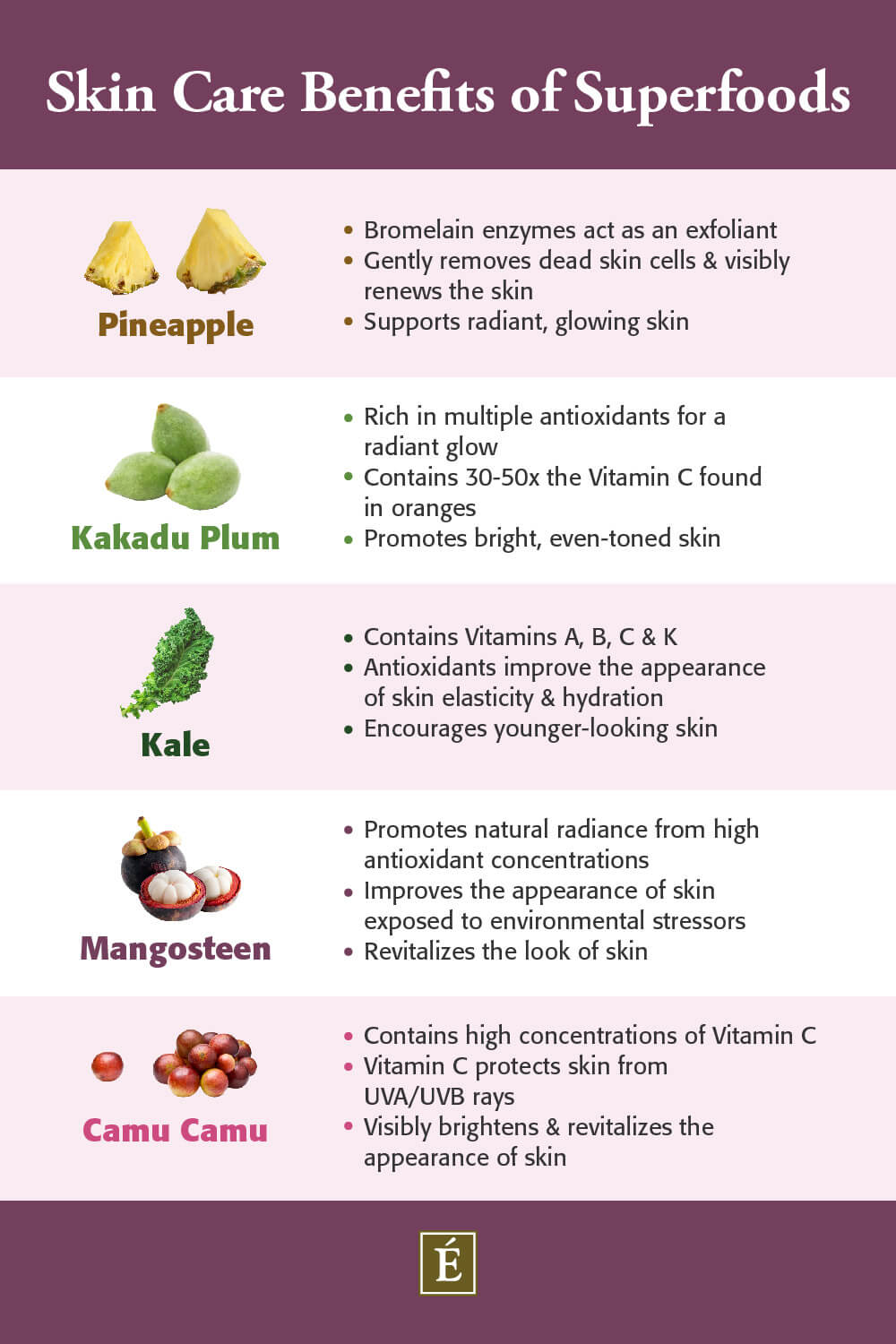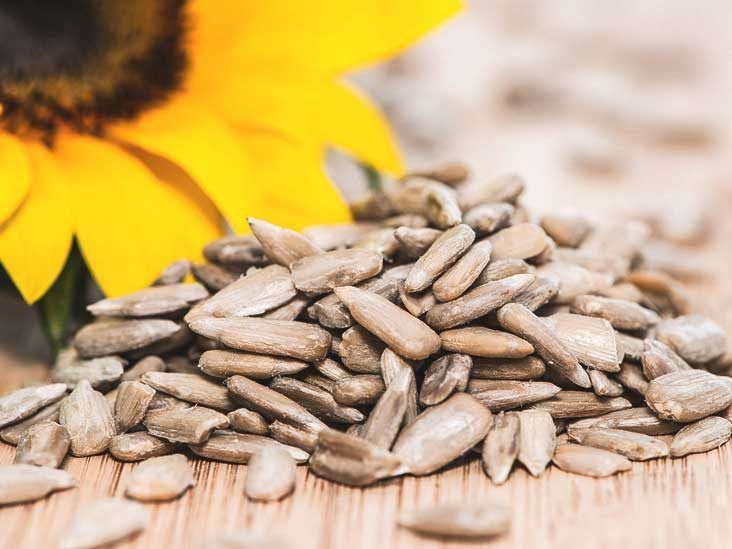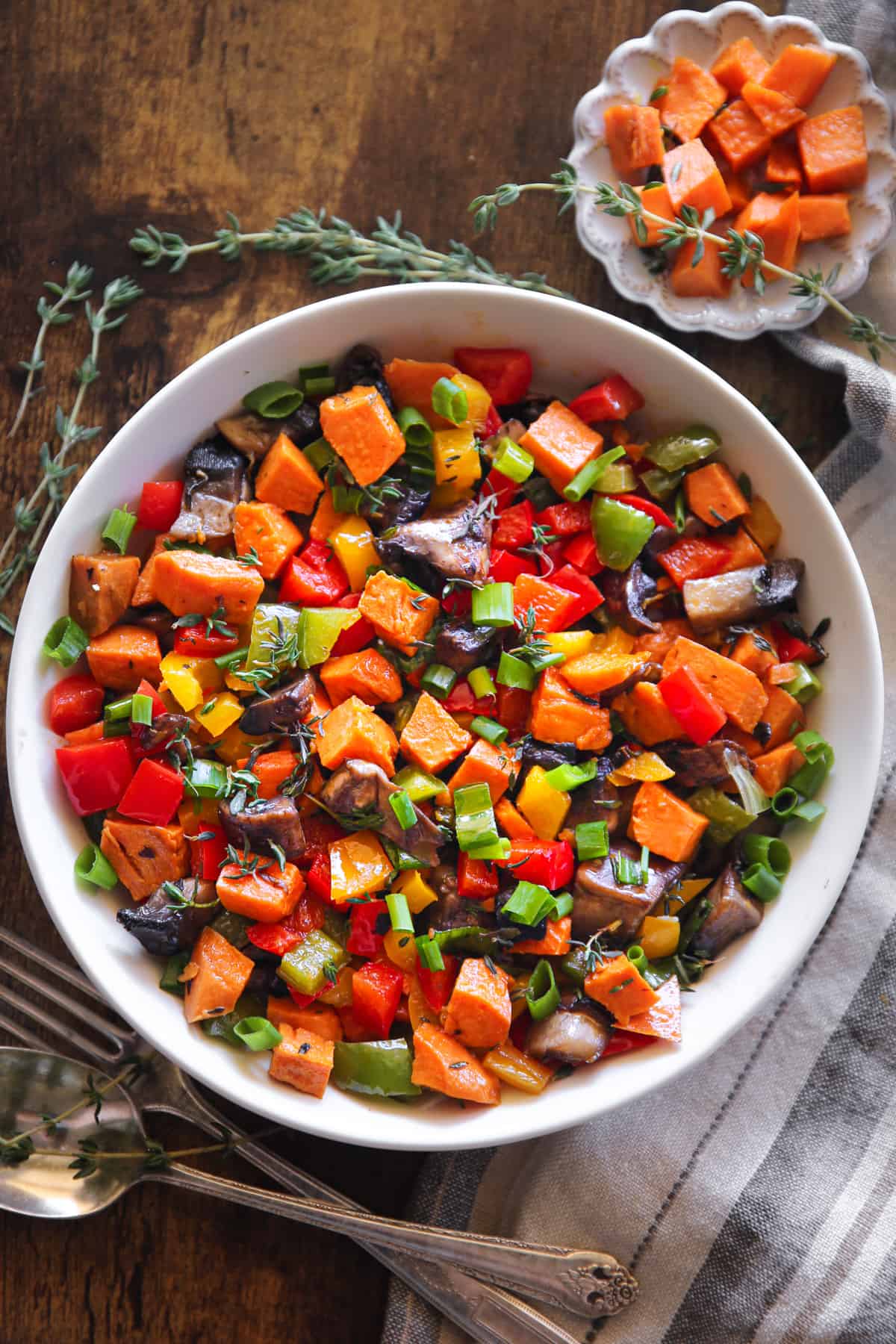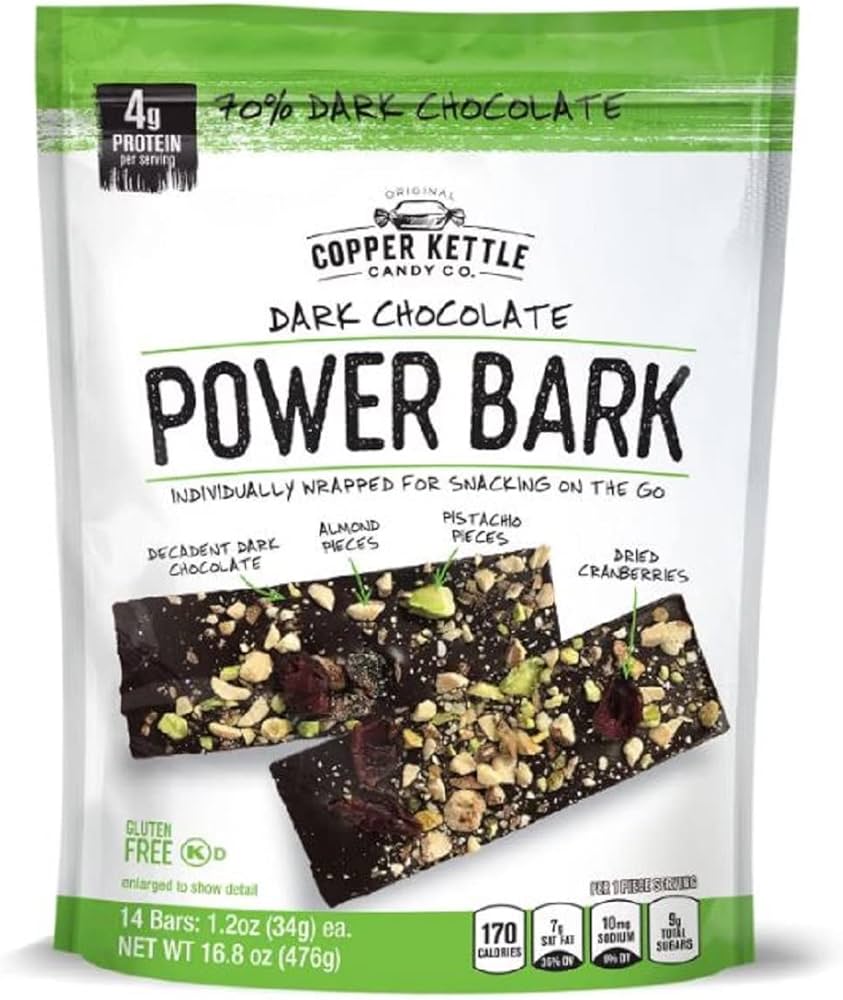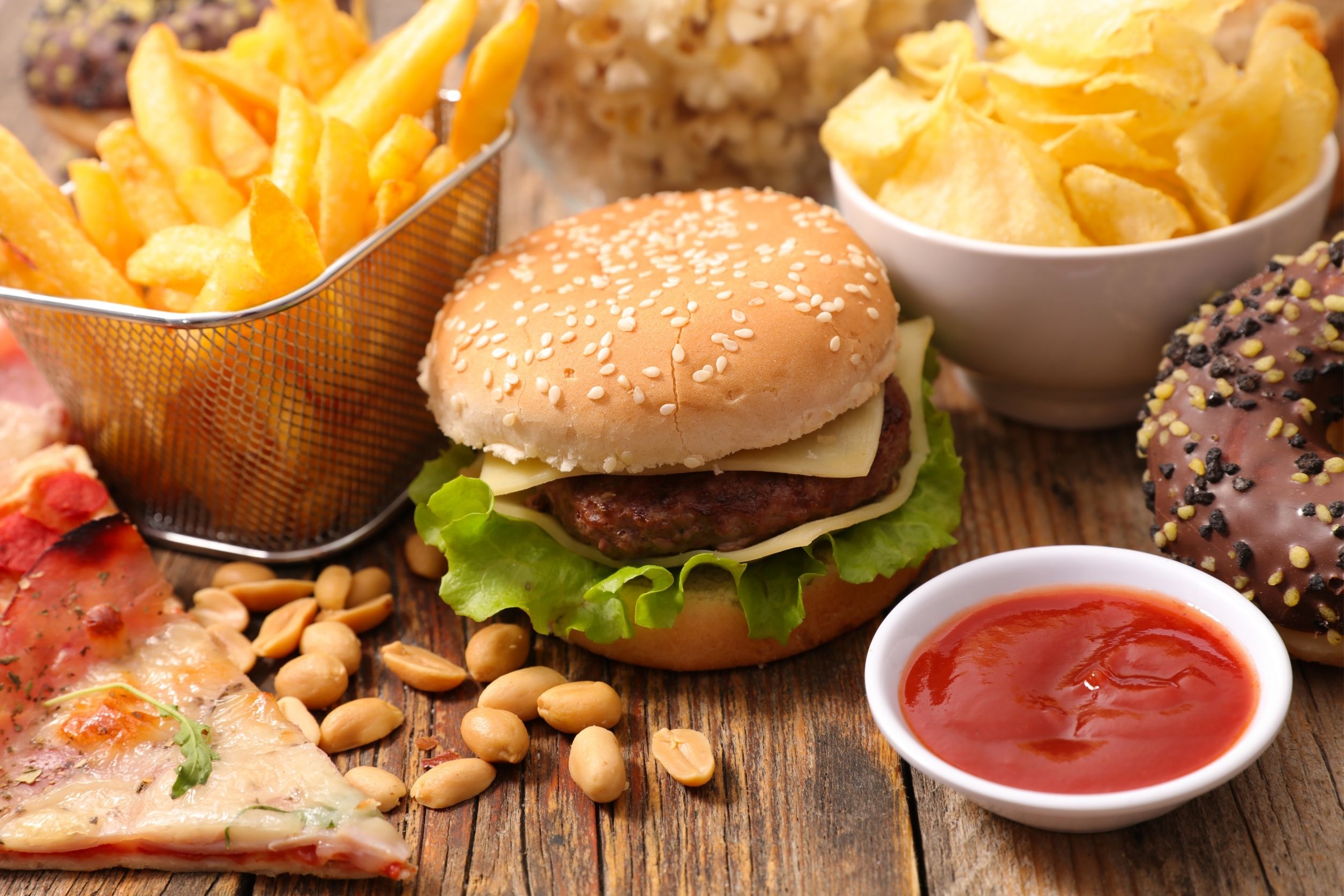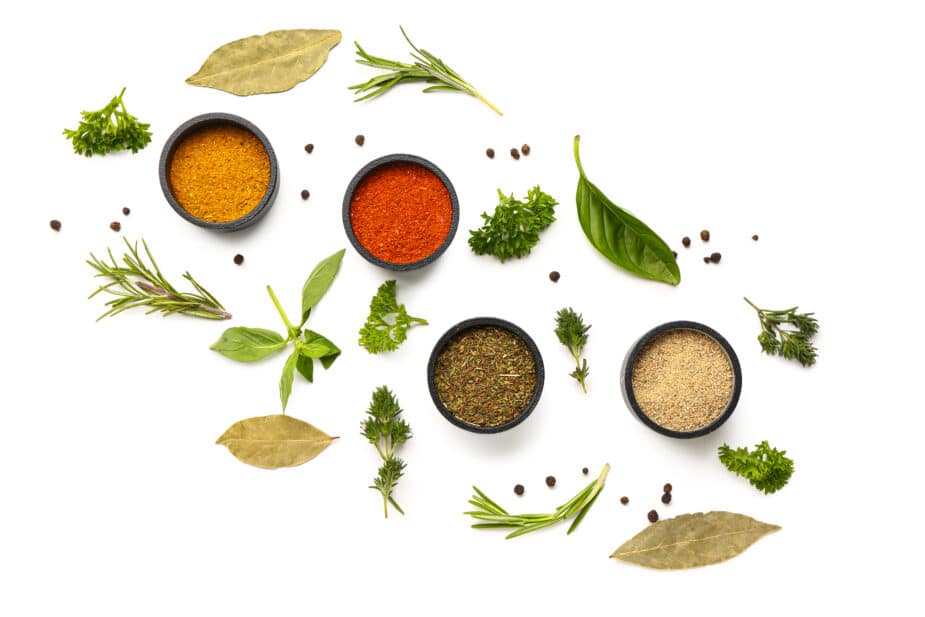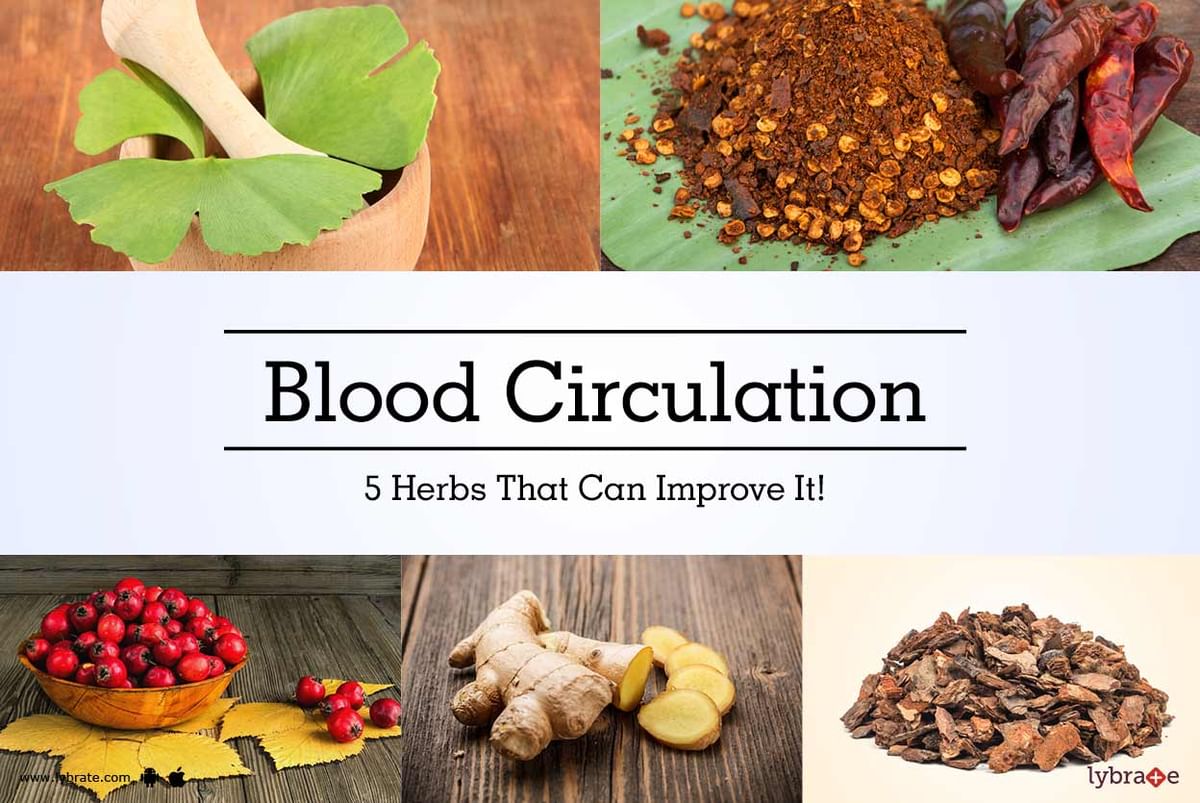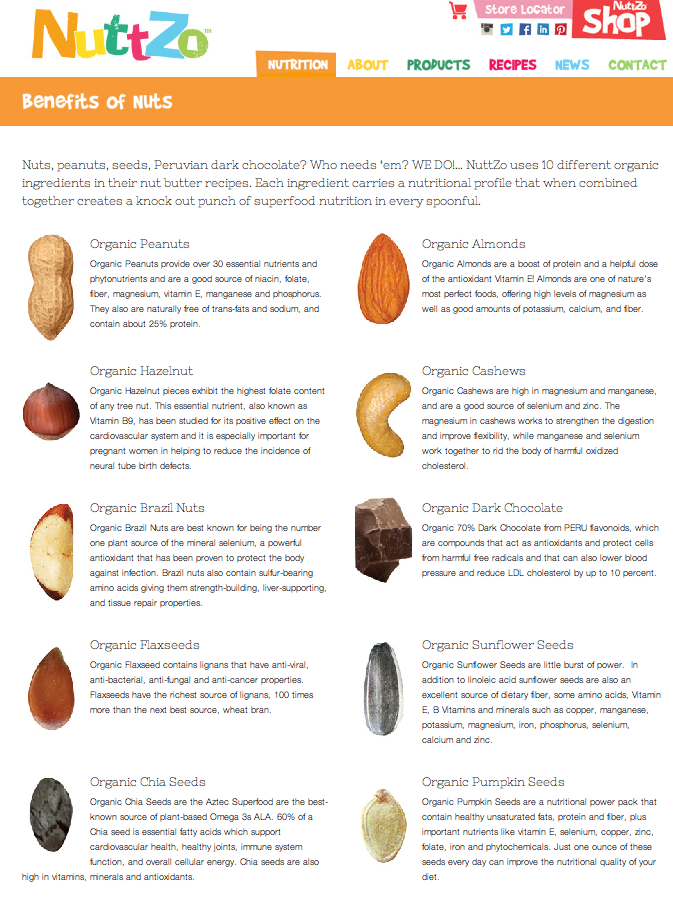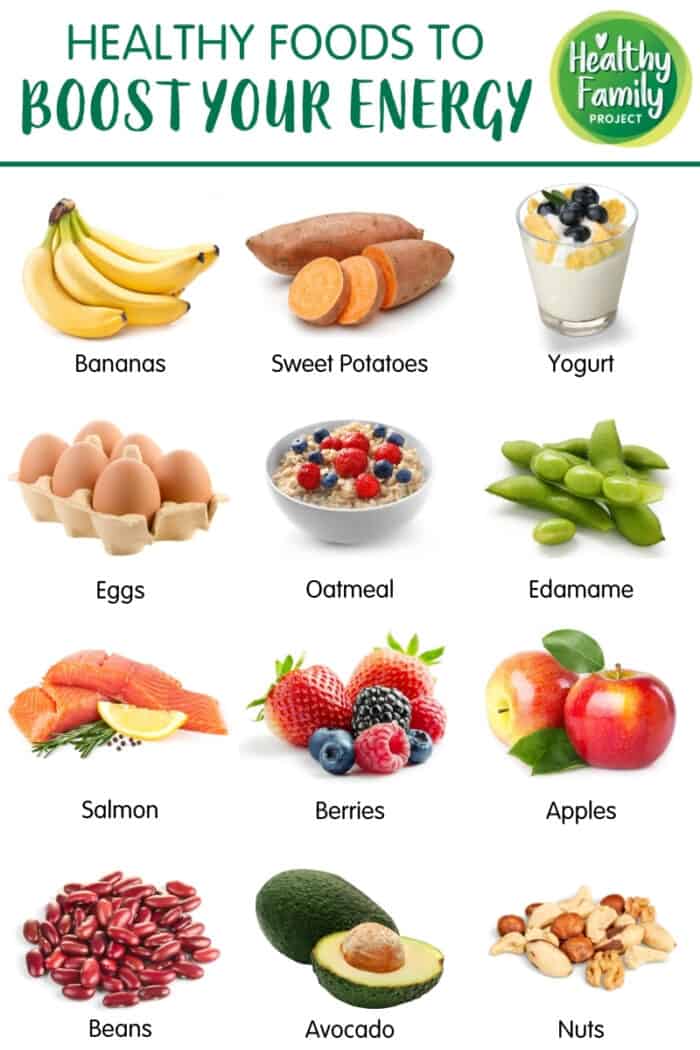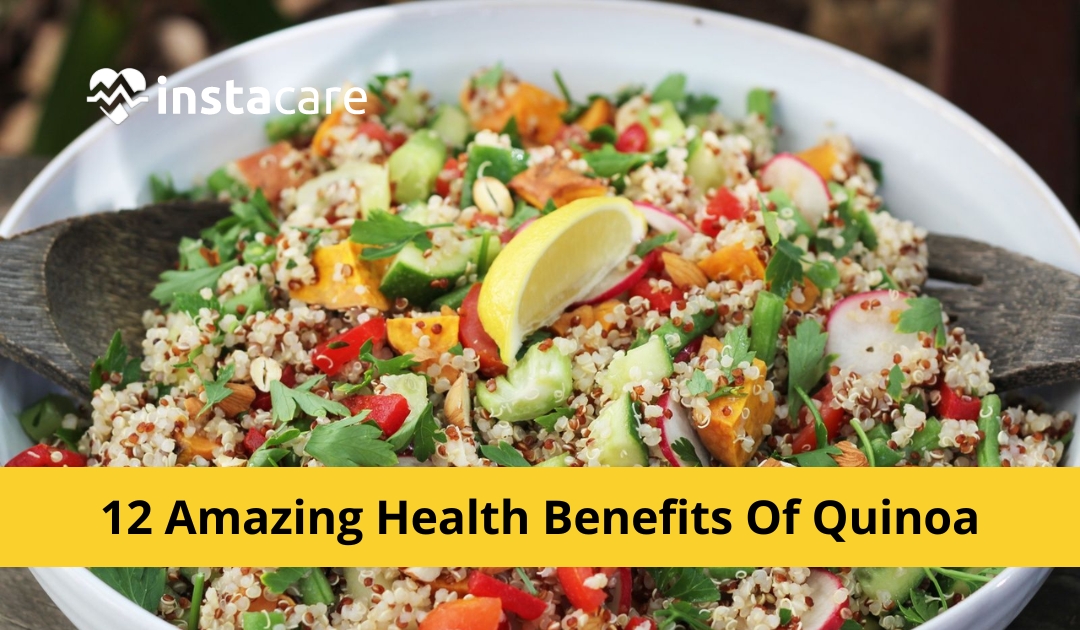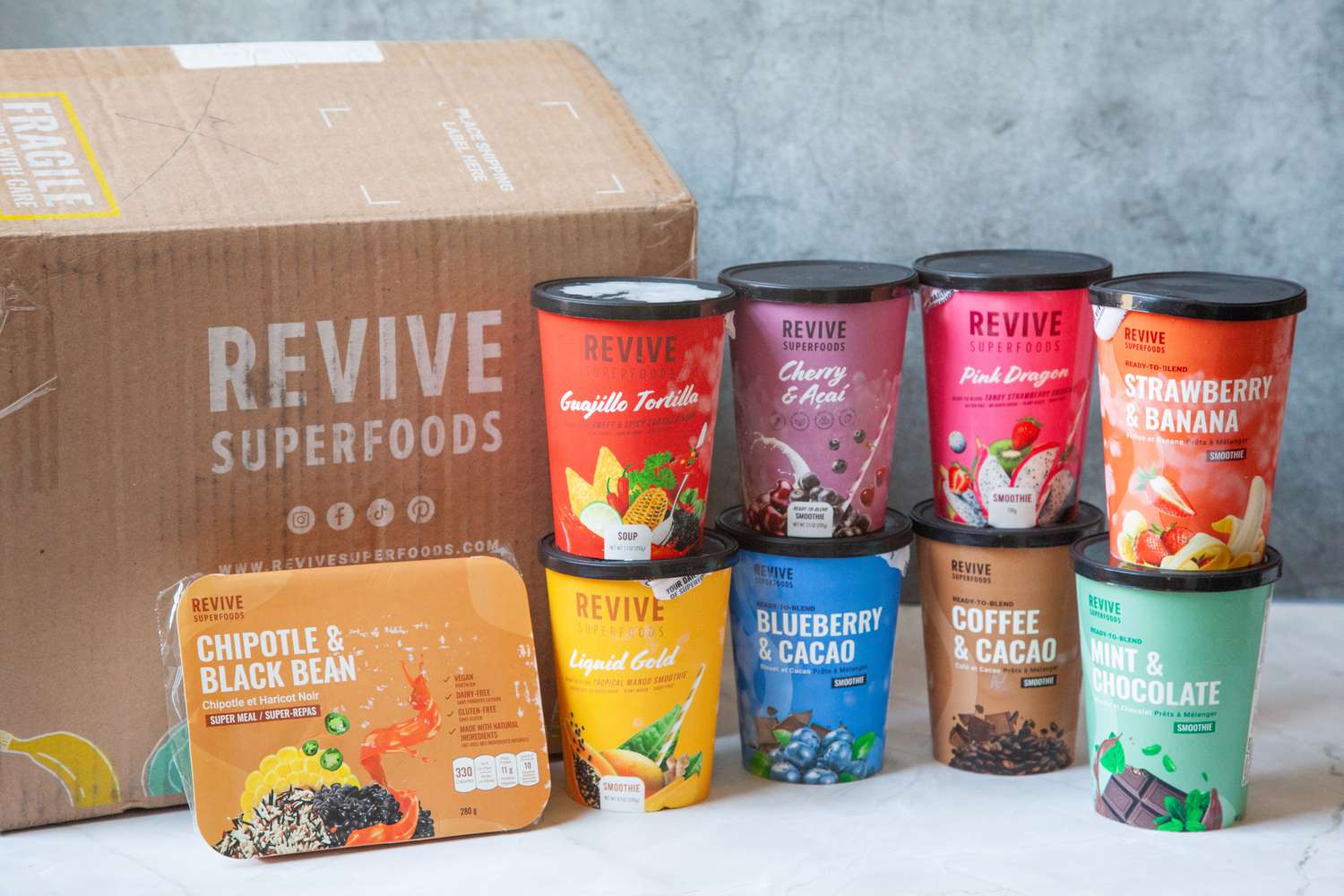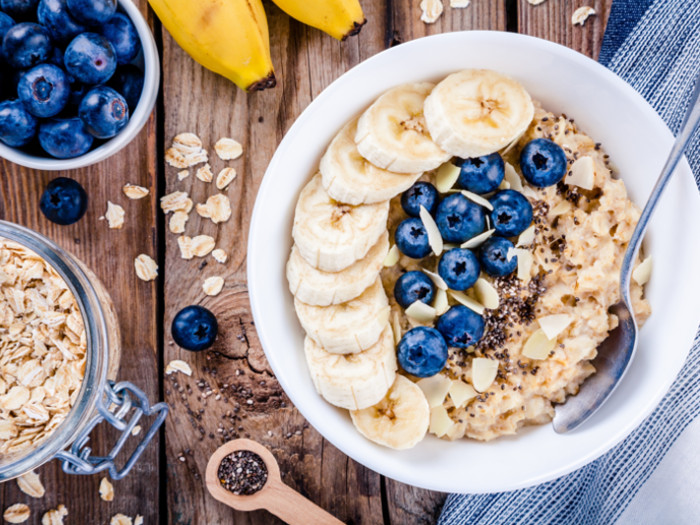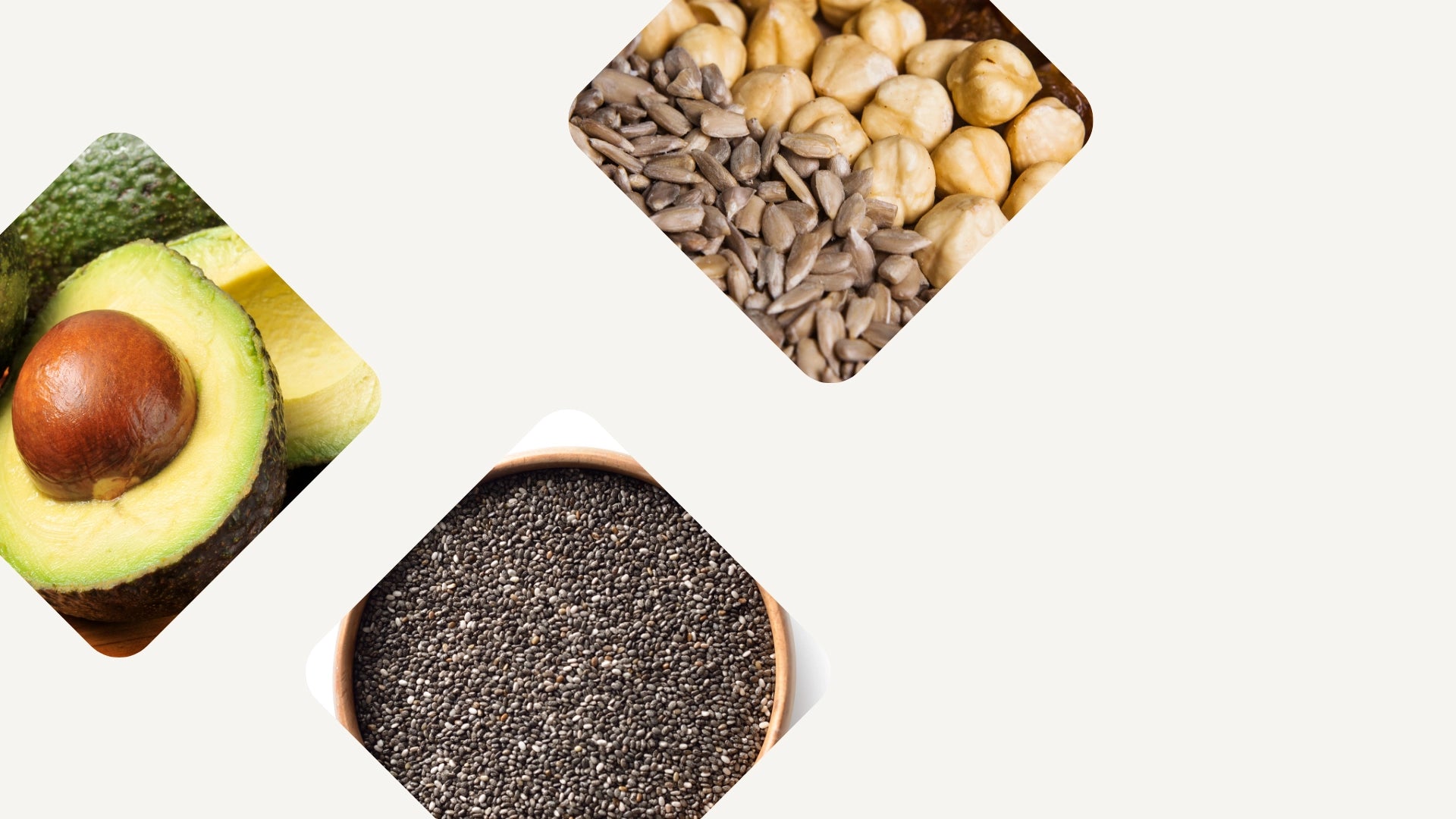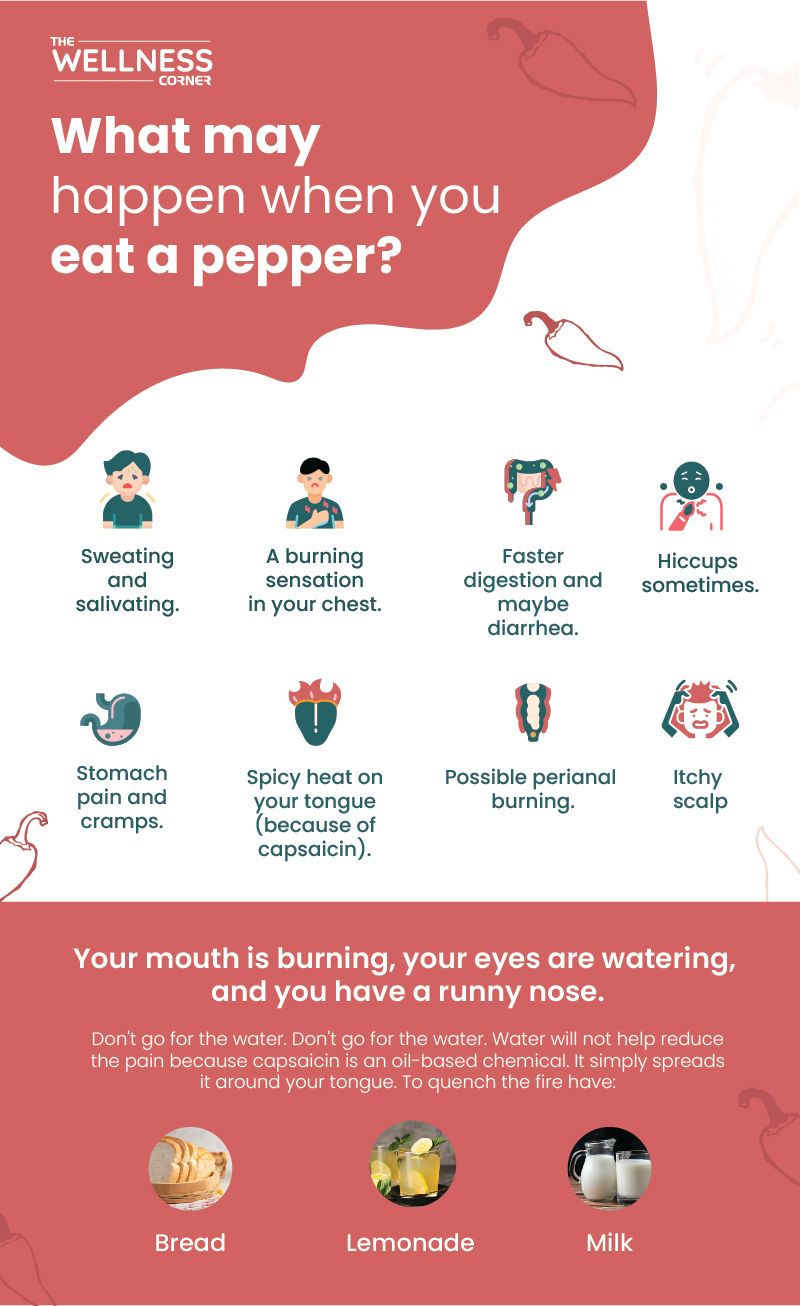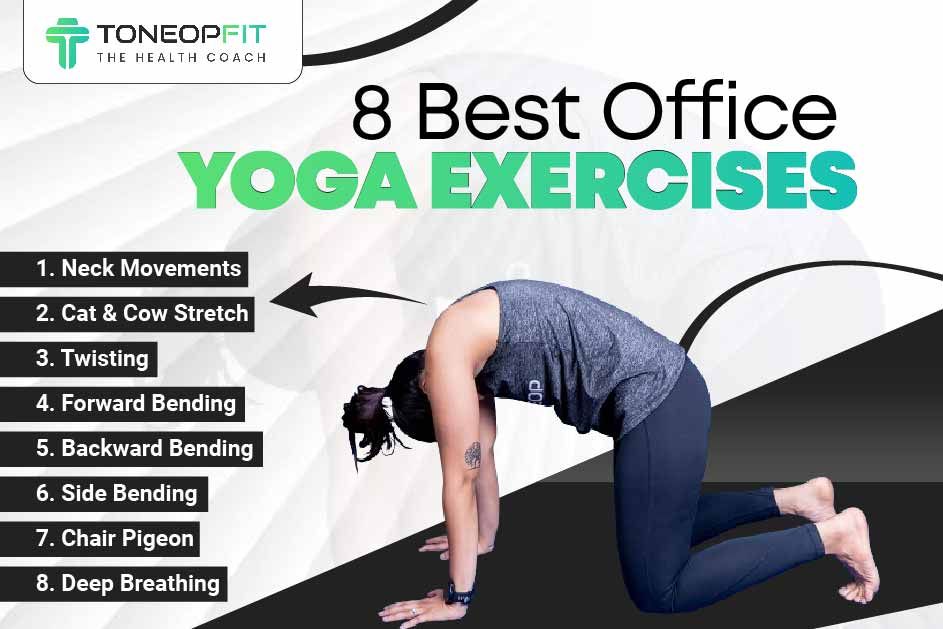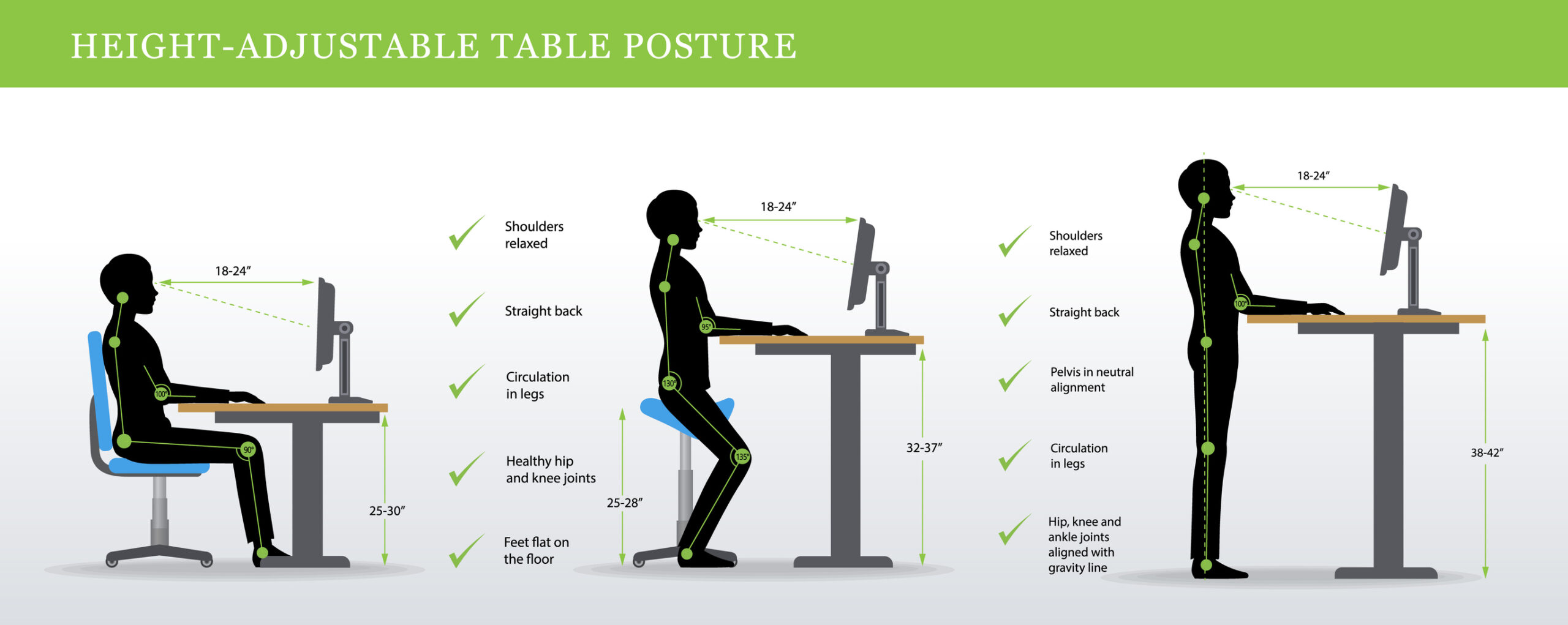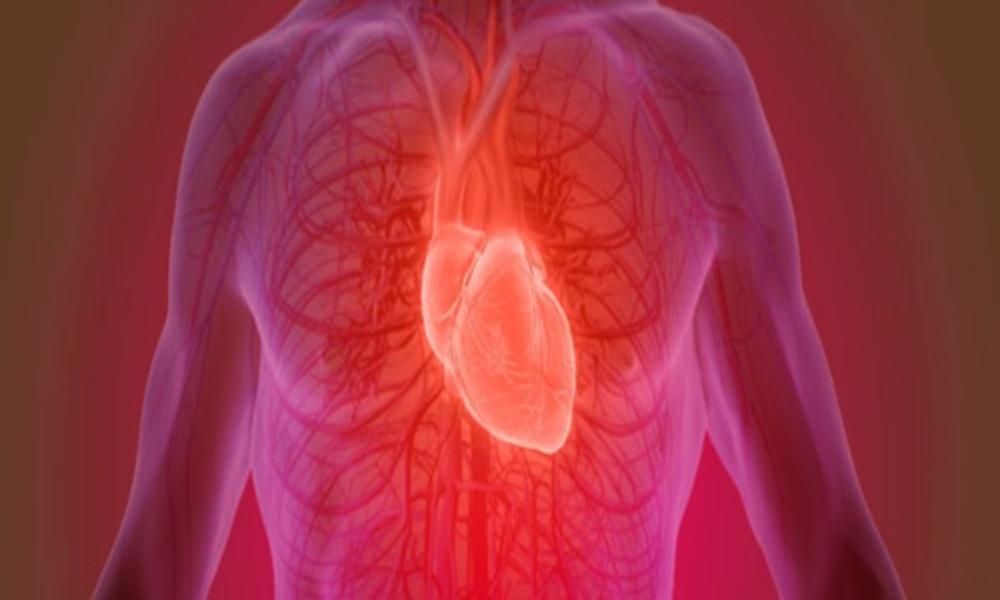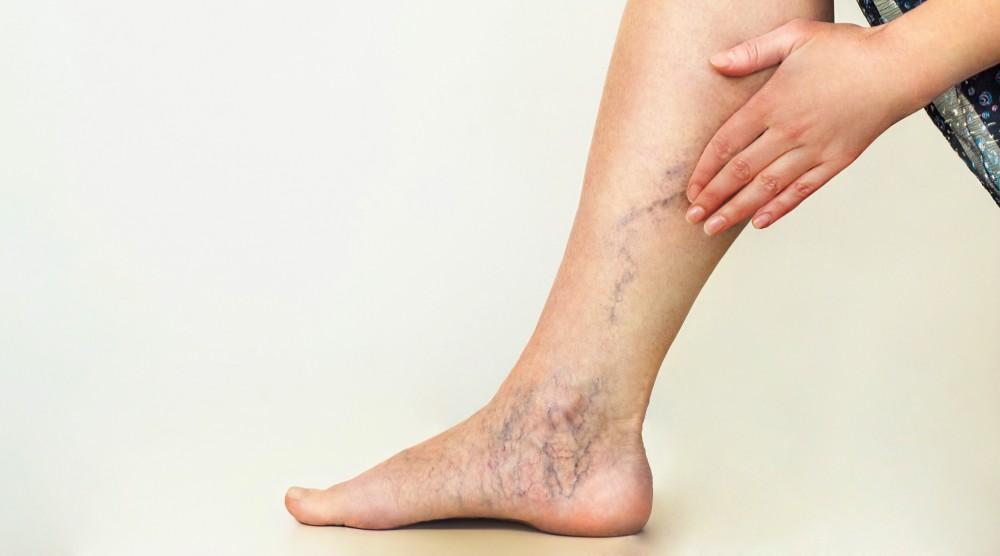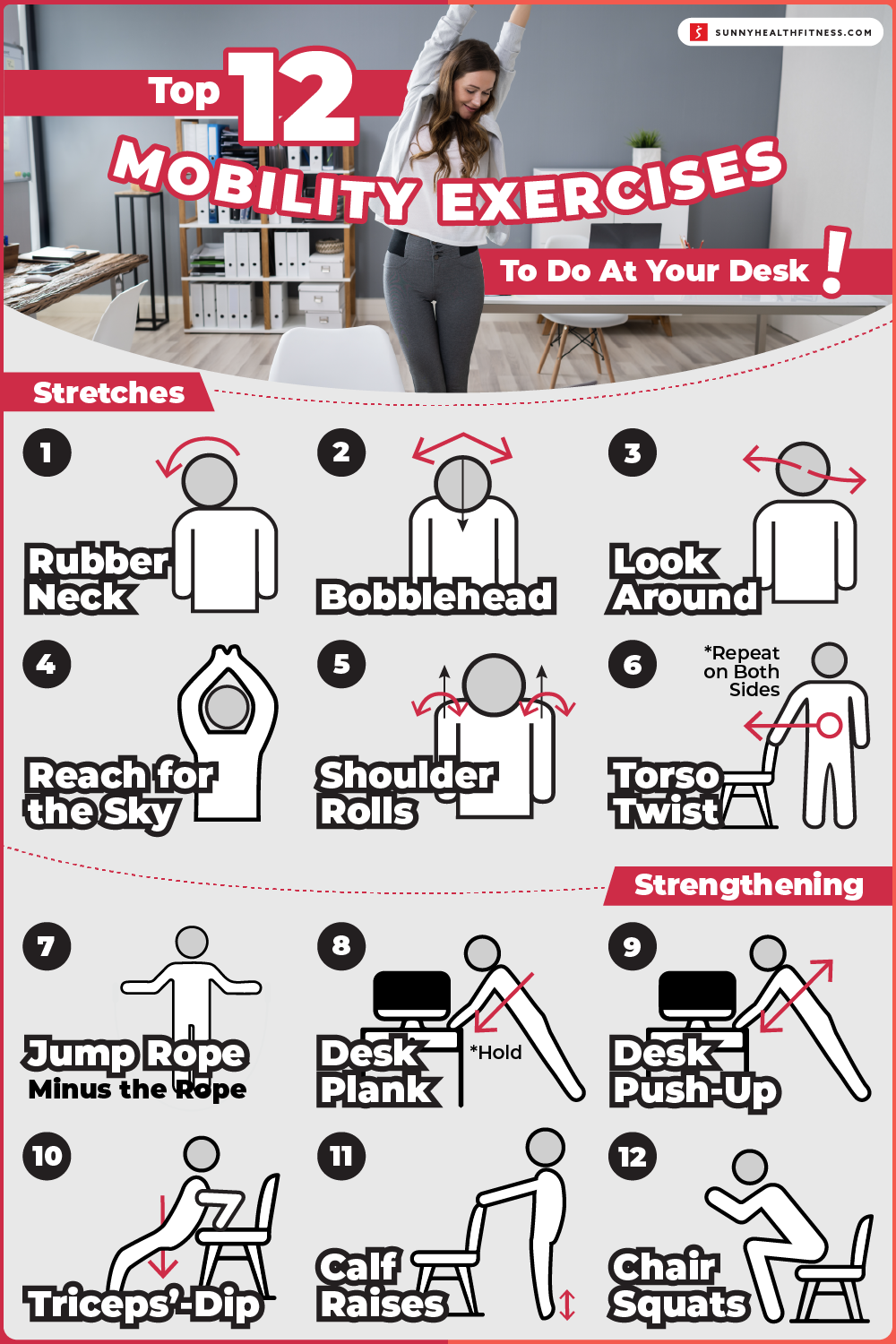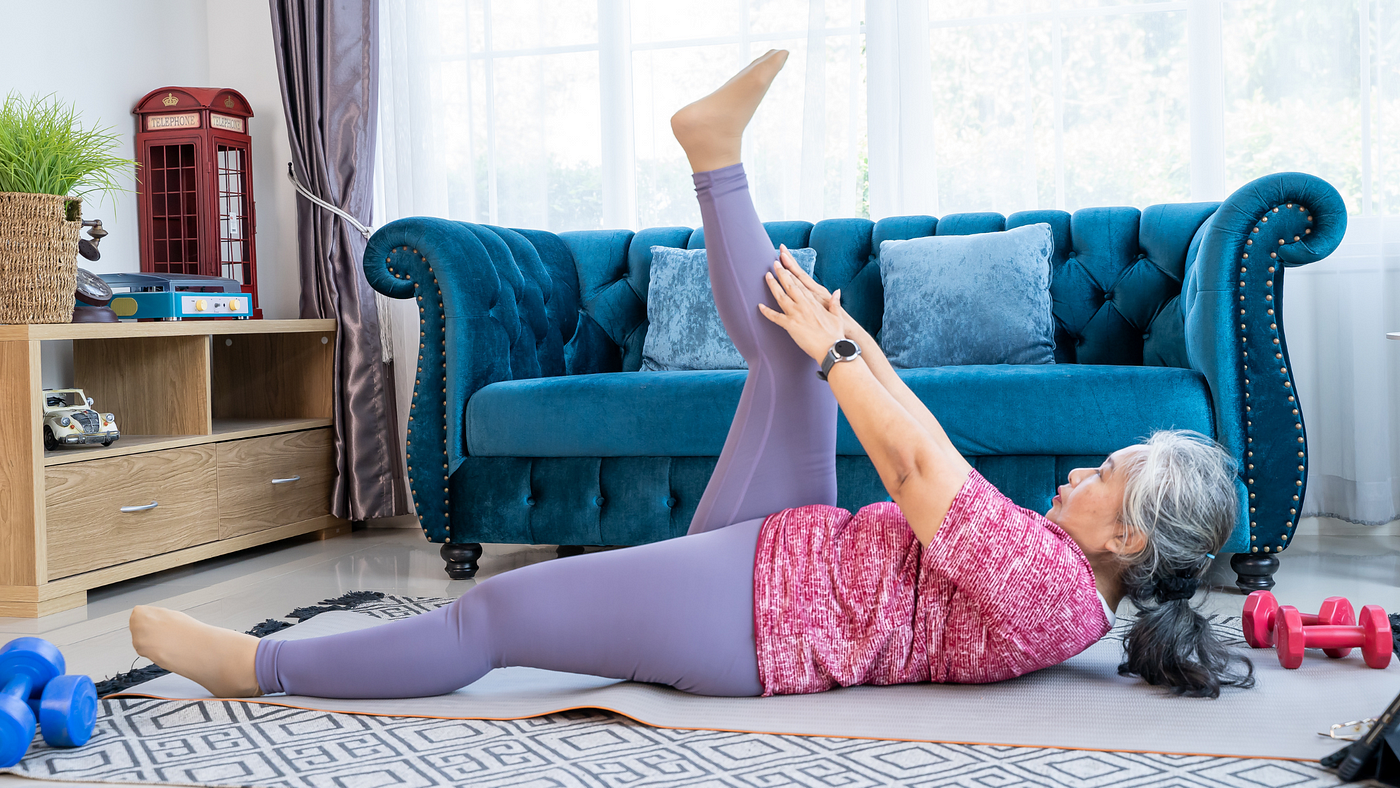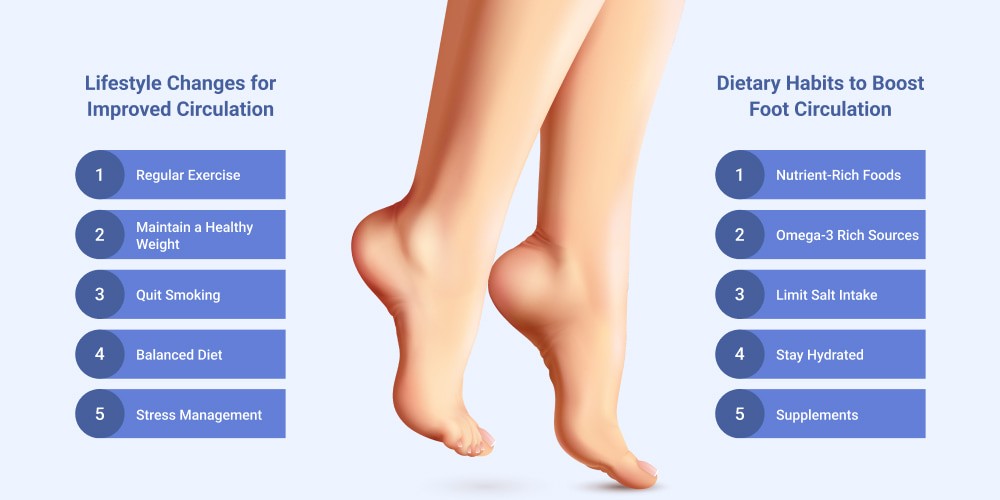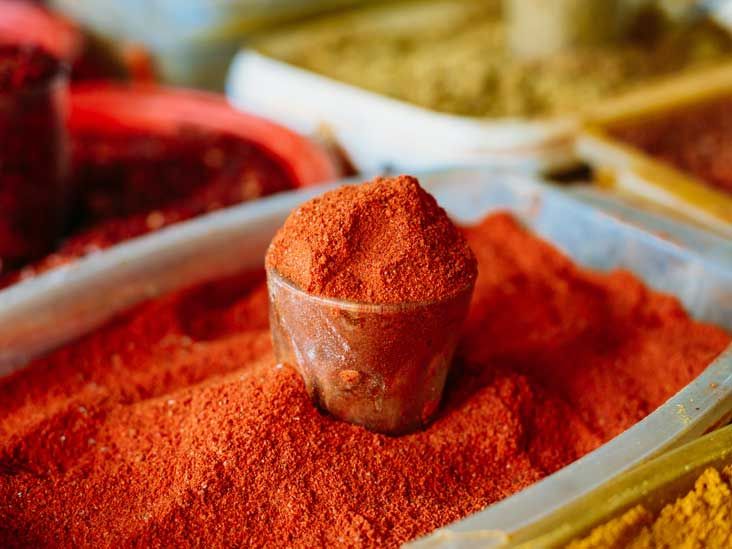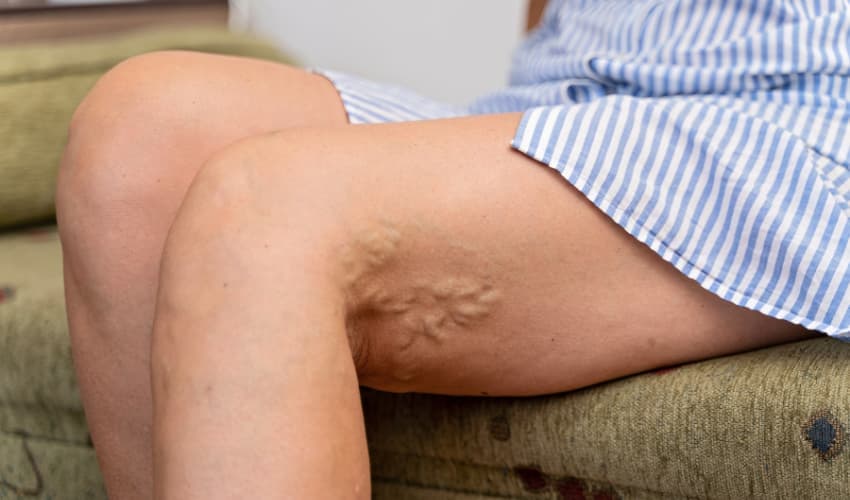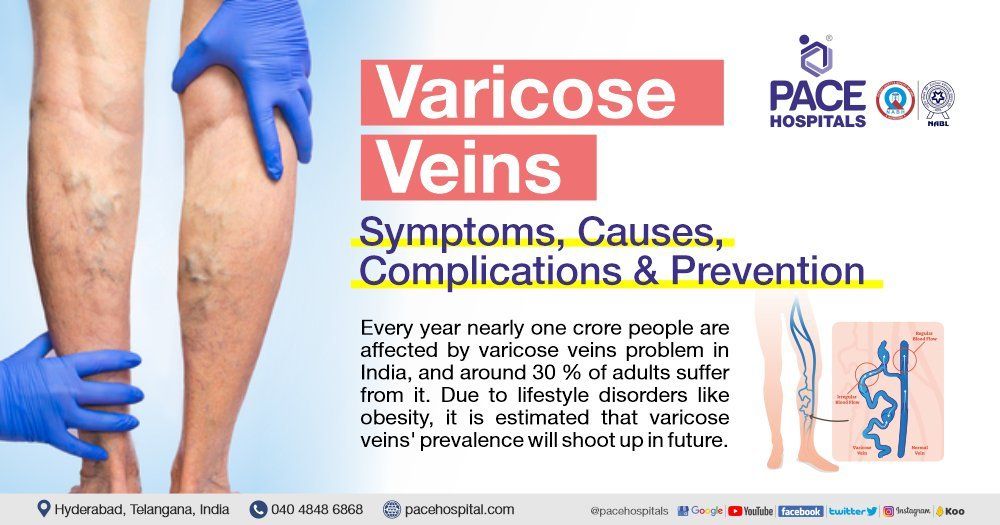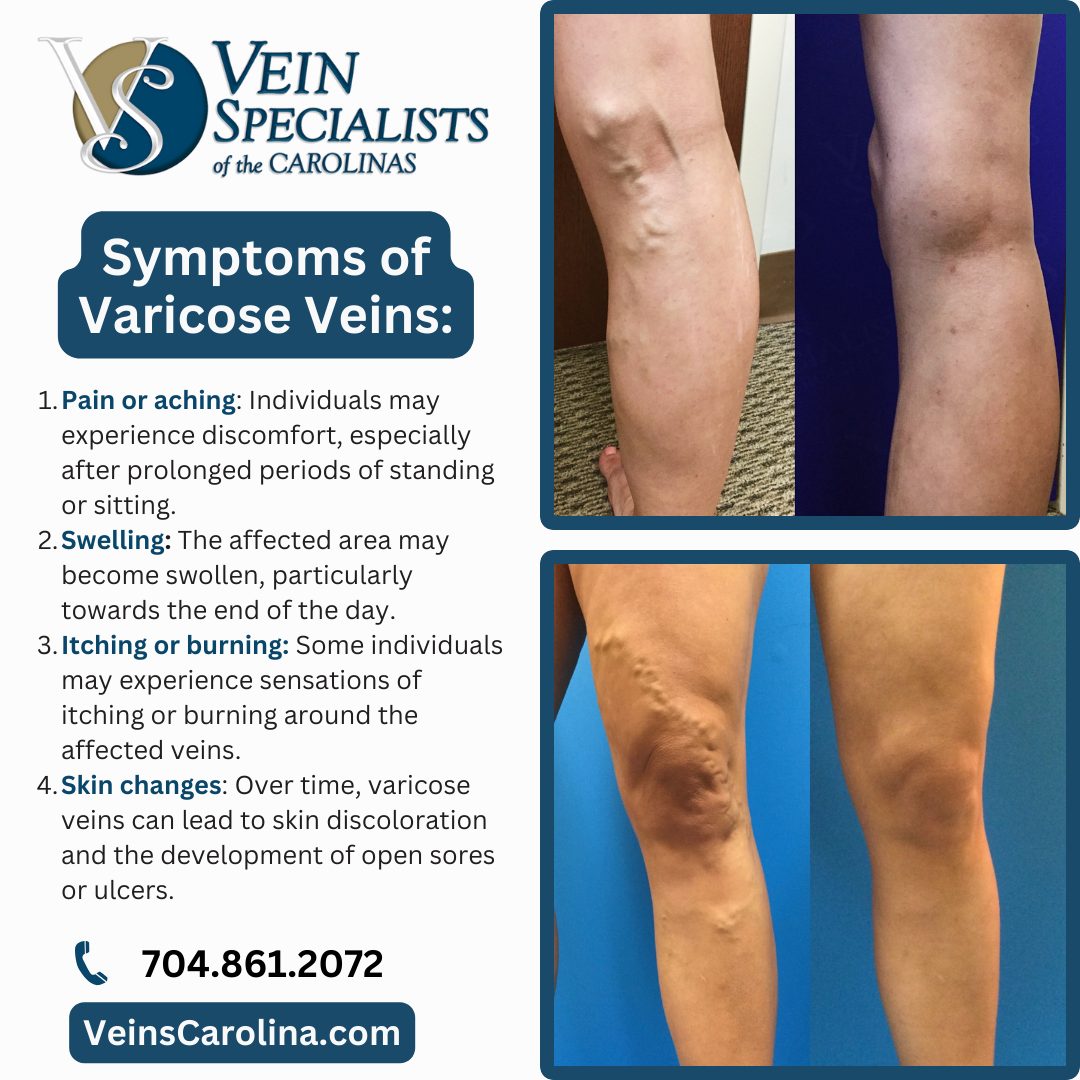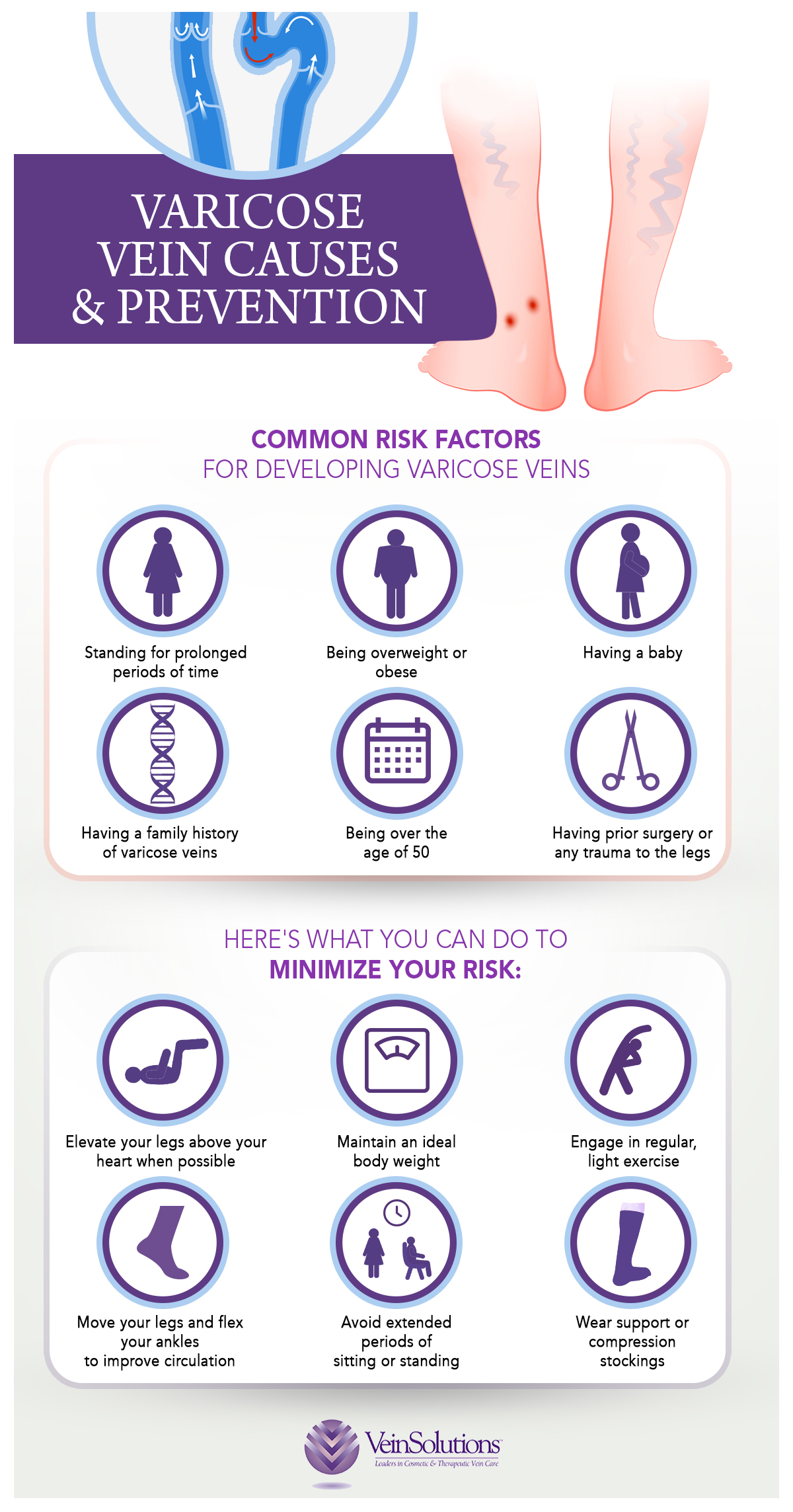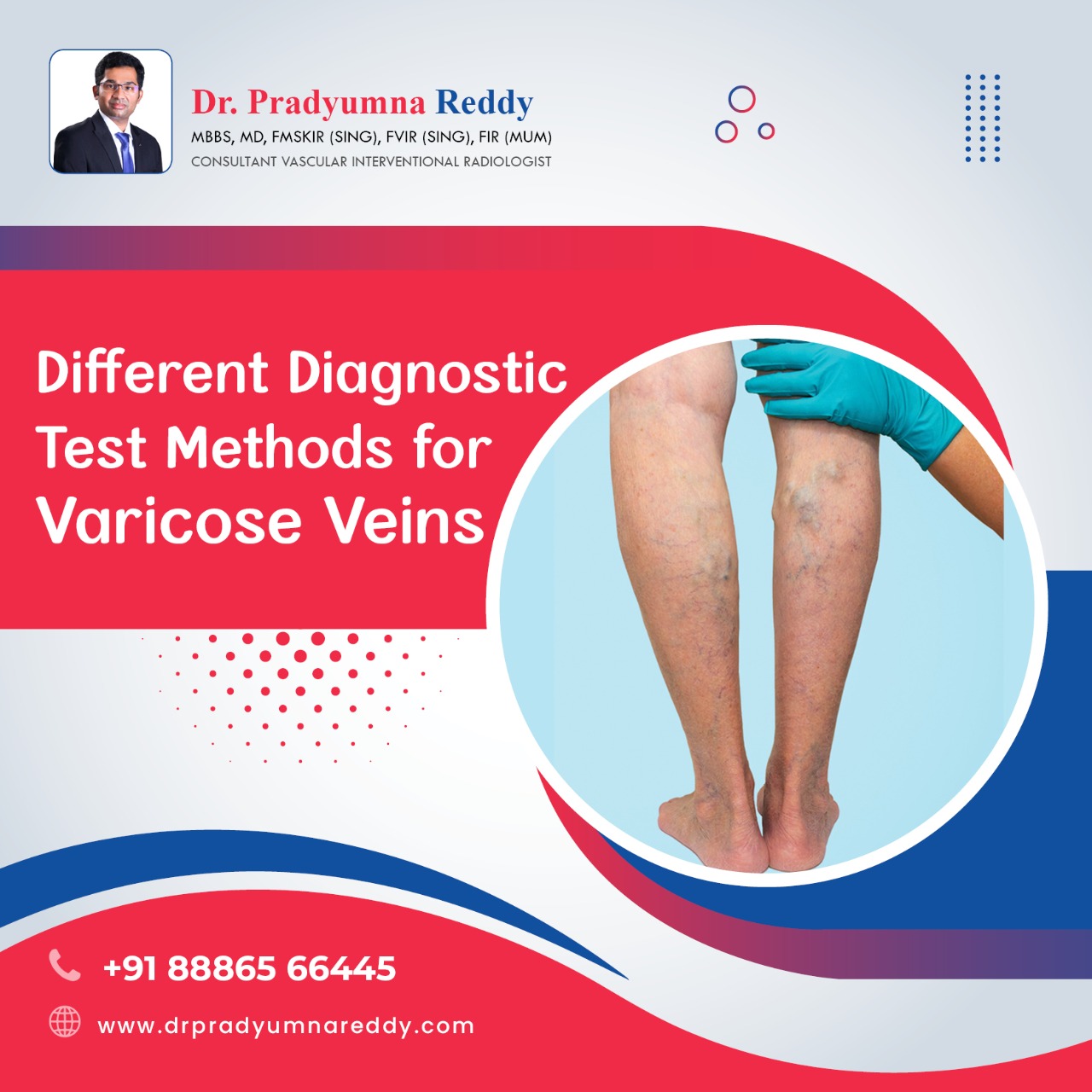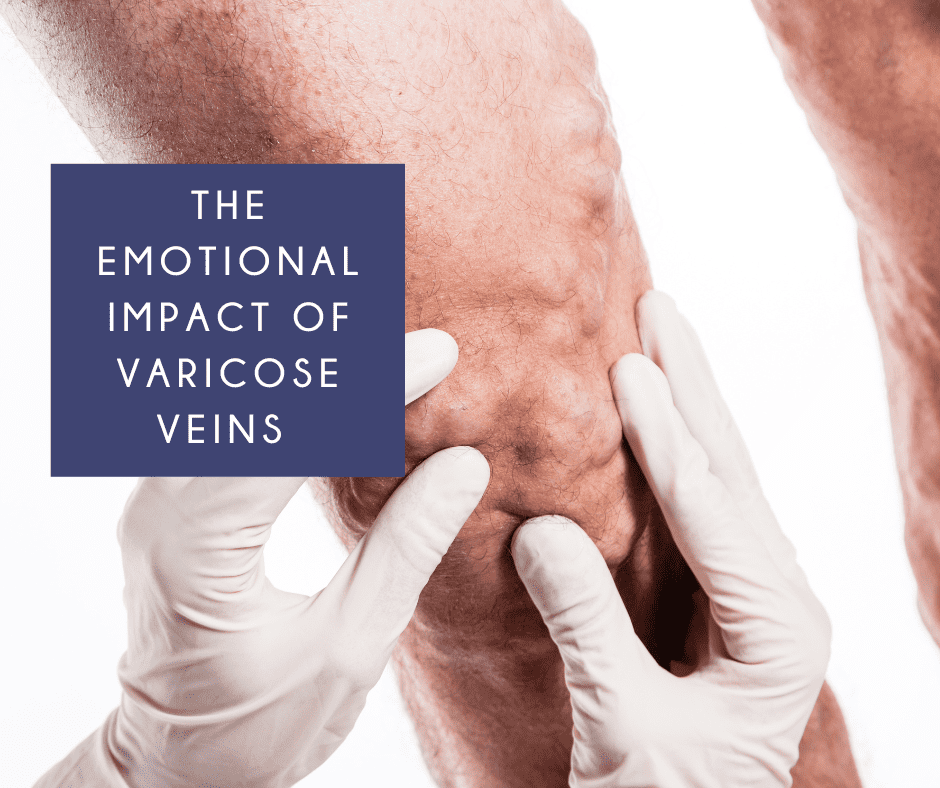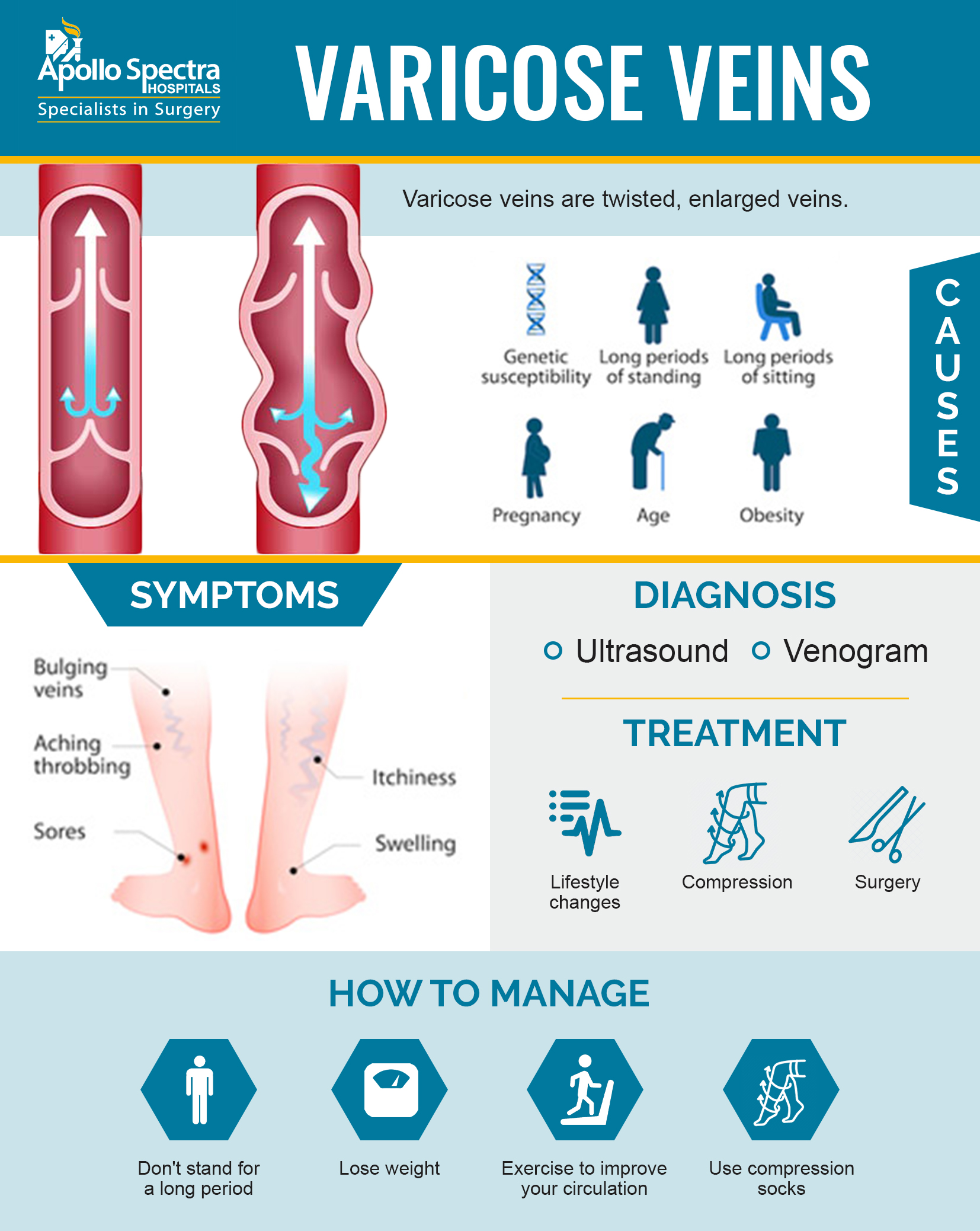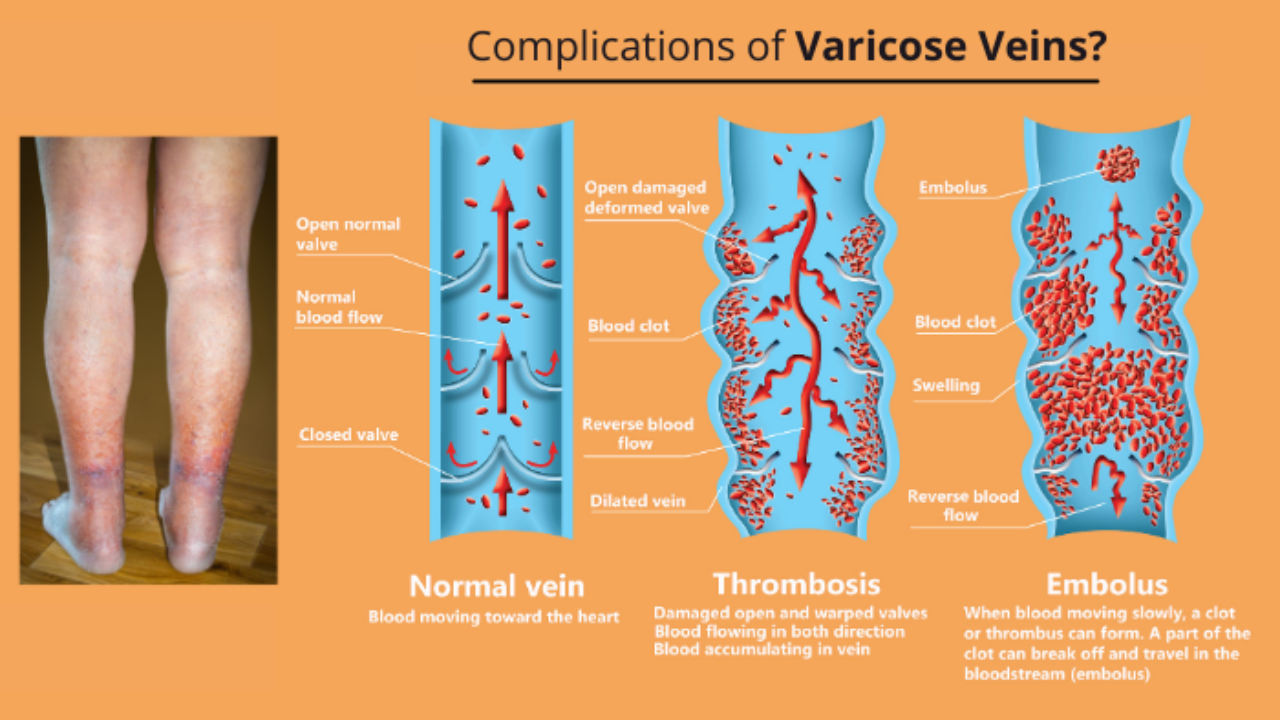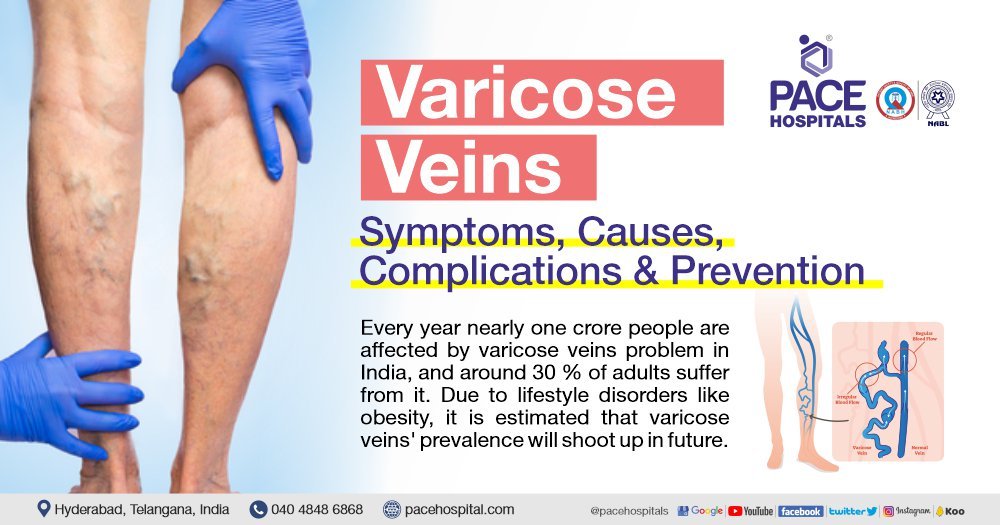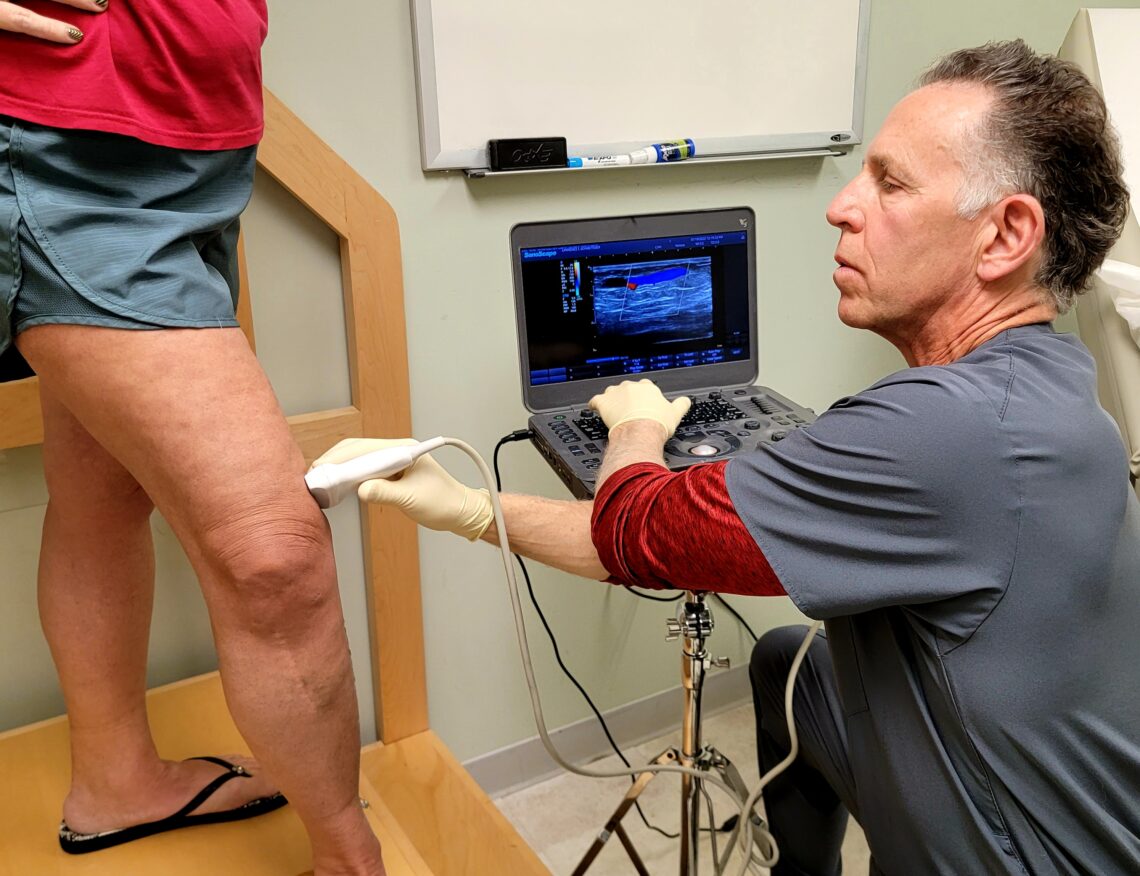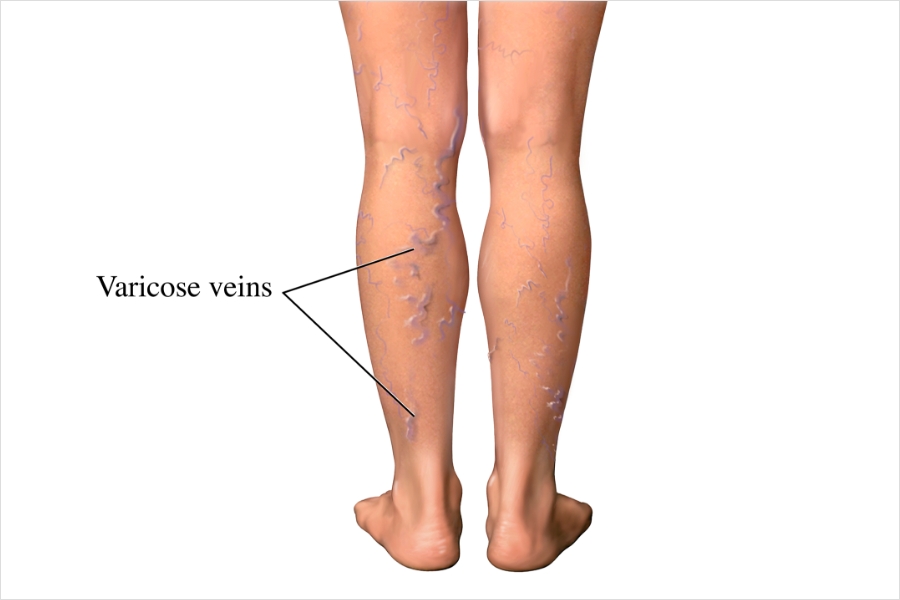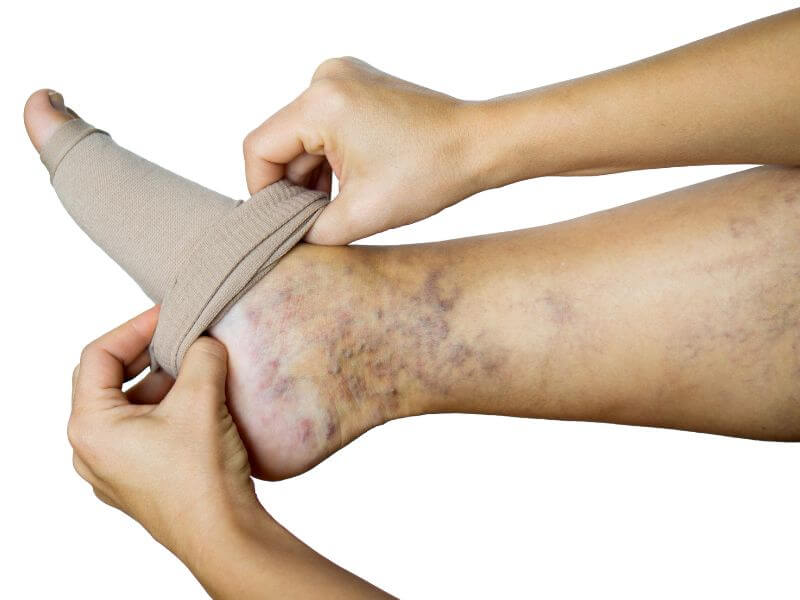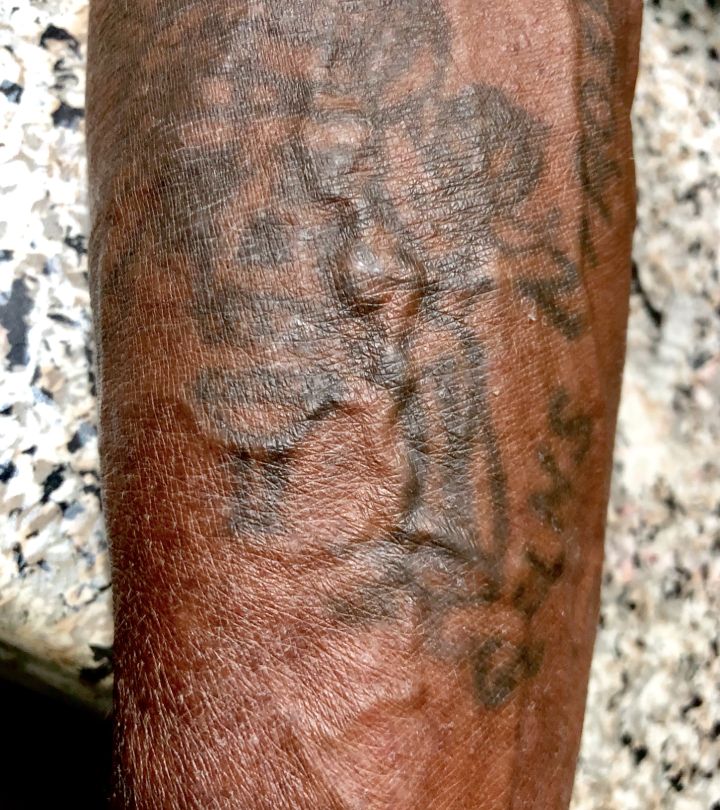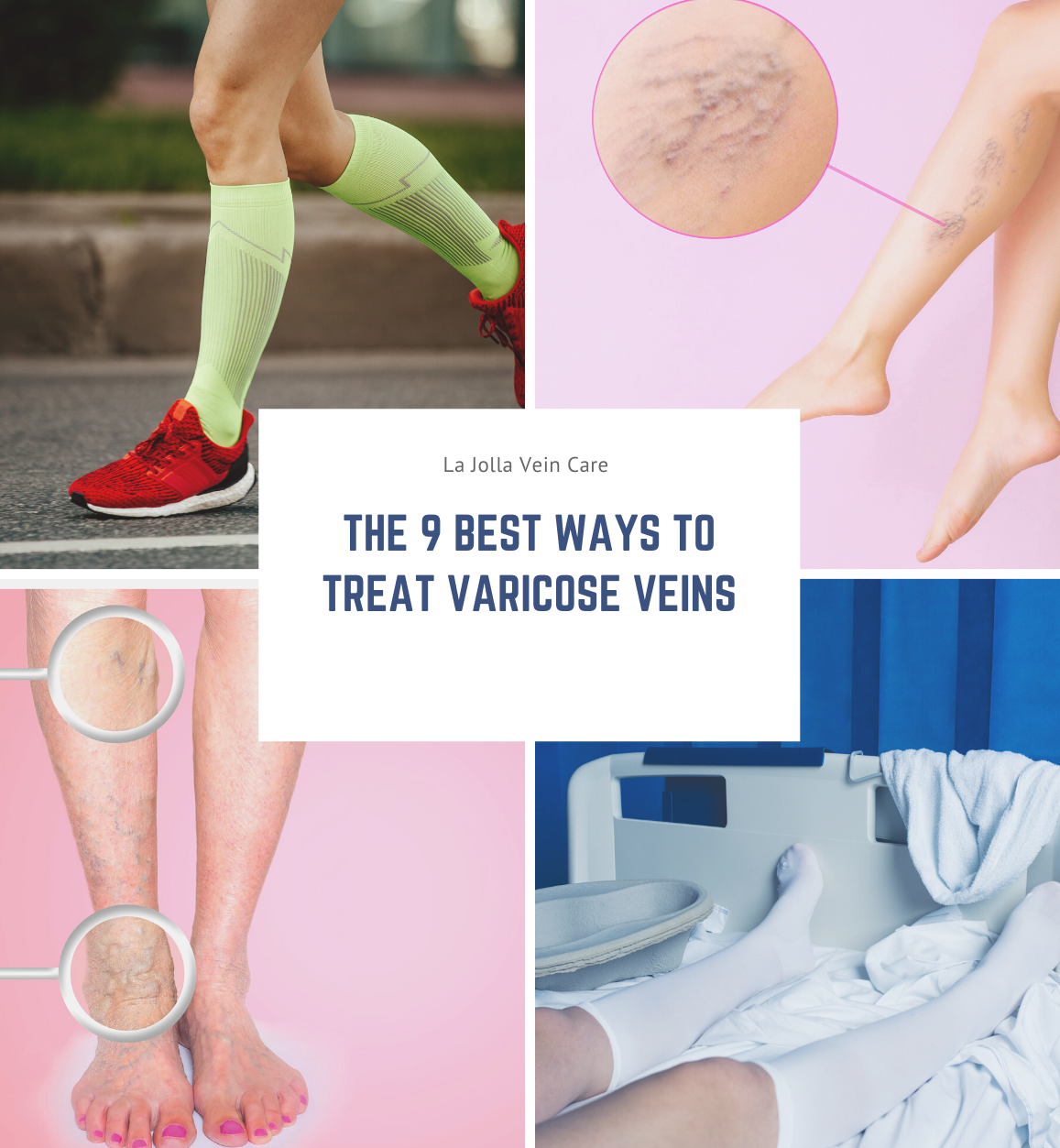Creating effective habits is an integral part of leading a healthy and balanced life. The path to self-improvement often begins with small changes, ones that are easy to start and maintain. Here are some tips on how to start simple and easy habits effectively:
- Eat Nutrient-Rich Foods: Making a conscious effort to have more fruits, vegetables, lean proteins, and whole grains can boost your overall health.
- Decrease Processed Food Intake: Minimizing consumption of foods high in sodium, fat and sugar can improve your well-being.
- Begin Mindful Eating: Paying attention to what you eat can enhance your connection with food and lead to healthier eating habits.
- Start a Morning Routine: Having a structured morning can set the pace for a productive and stress-free day.
- Prioritize Regular Physical Exercise: Regular workout routines can enhance both physical and mental health.
- Establish Healthy Work-Life Boundaries: Setting boundaries between your work and personal life can lead to greater satisfaction in both areas.
- Mental Hygiene and Mindfulness: Practicing mindfulness and maintaining mental hygiene can reduce stress levels and increase overall happiness.
- Practice Daily Acts of Gratitude: Recognizing the good in one’s life can increase positivity and decrease stress.
Maintaining these easy habits start not only aids in physical health but also mentally strengthens you, thereby improving your overall lifestyle.
Make Healthy Habits Stick: One Step at a Time
Remember, the key to establishing these easy habits start with small, sustainable changes. Consistency over time yields the best results.
It’s also important to be patient with yourself and understand that meaningful change takes time.
Lastly, celebrate your progress regularly. Every small step in the right direction deserves recognition and motivates you to keep going.
Eat More Nutrient-Rich Foods
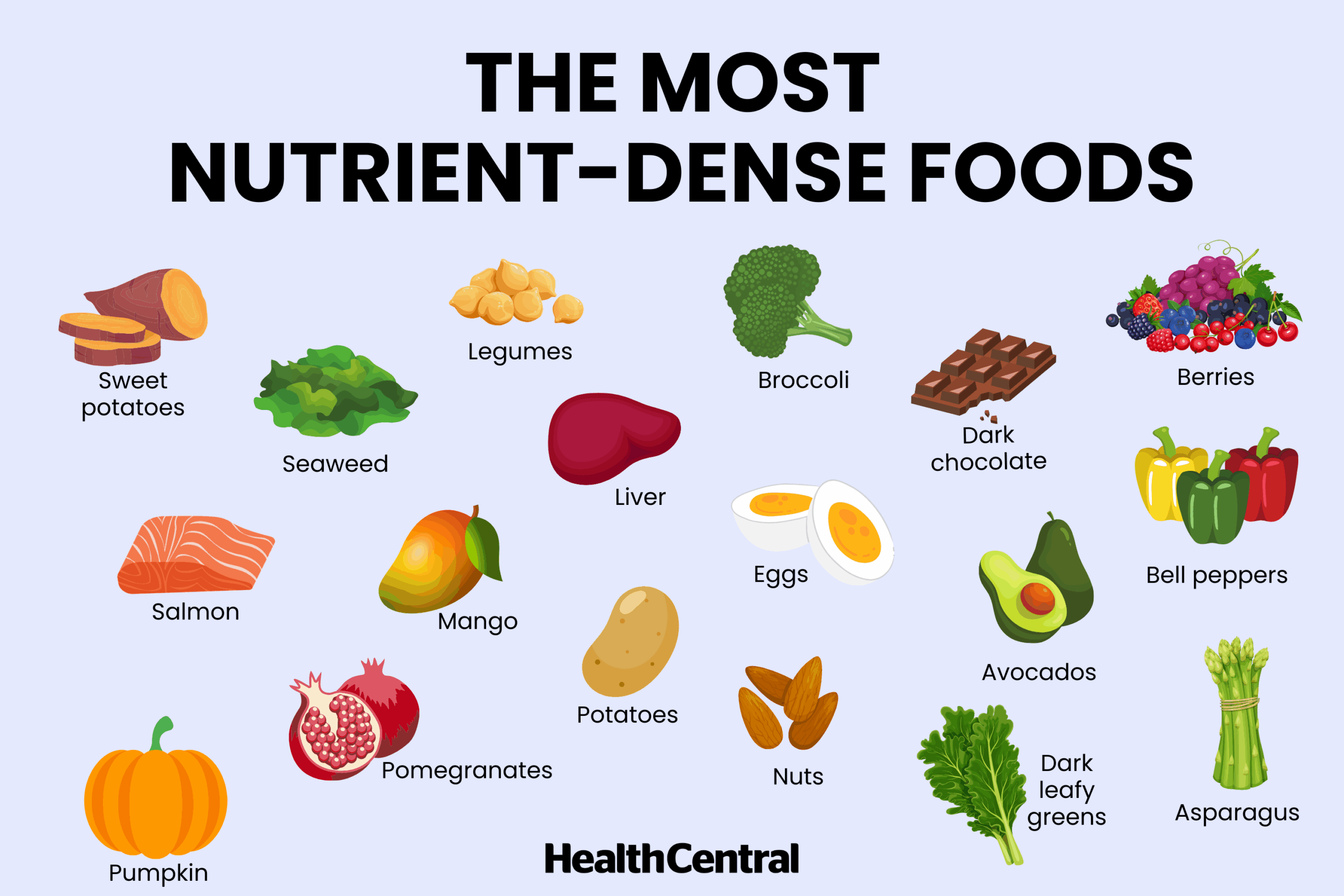
Everyone knows the benefits of nutrient-rich foods.
These natural powerhouses not only offer a myriad of health advantages but also, remarkably, improve overall well-being.
The key is introducing more of them into your daily diet.
| Food | Nutrients |
|---|---|
| Broccoli | Vitamins A and C, Fiber, Protein |
| Spinach | Vitamin K, Fiber, Protein |
| Sweet Potatoes | Vitamin A, Fiber, Protein |
| Pumpkin Seeds | Omega-3 fatty acids, Protein |
| Note: Foods listed above are examples. Always consult your nutritionist for tailored advice. | |
This table serves as a starting point for incorporating more nutrient-rich foods into your routine.
Nutrient-dense foods like spinach and broccoli are packed with essential vitamins and fiber.
Sweet potatoes provide vitamin A and a hefty dose of fiber to keep you feeling sated throughout the day.
Pumpkin seeds bring beneficial fats and proteins into your diet.
Remember to consult with your nutritionist before making any significant changes in your diet.
Ultimately, increasing your consumption of these foods can lead to improved health and vitality.
For additional information on nutrient-rich foods and their benefits, feel free to visit American Society for Nutrition.
Decrease Processed Food Intake
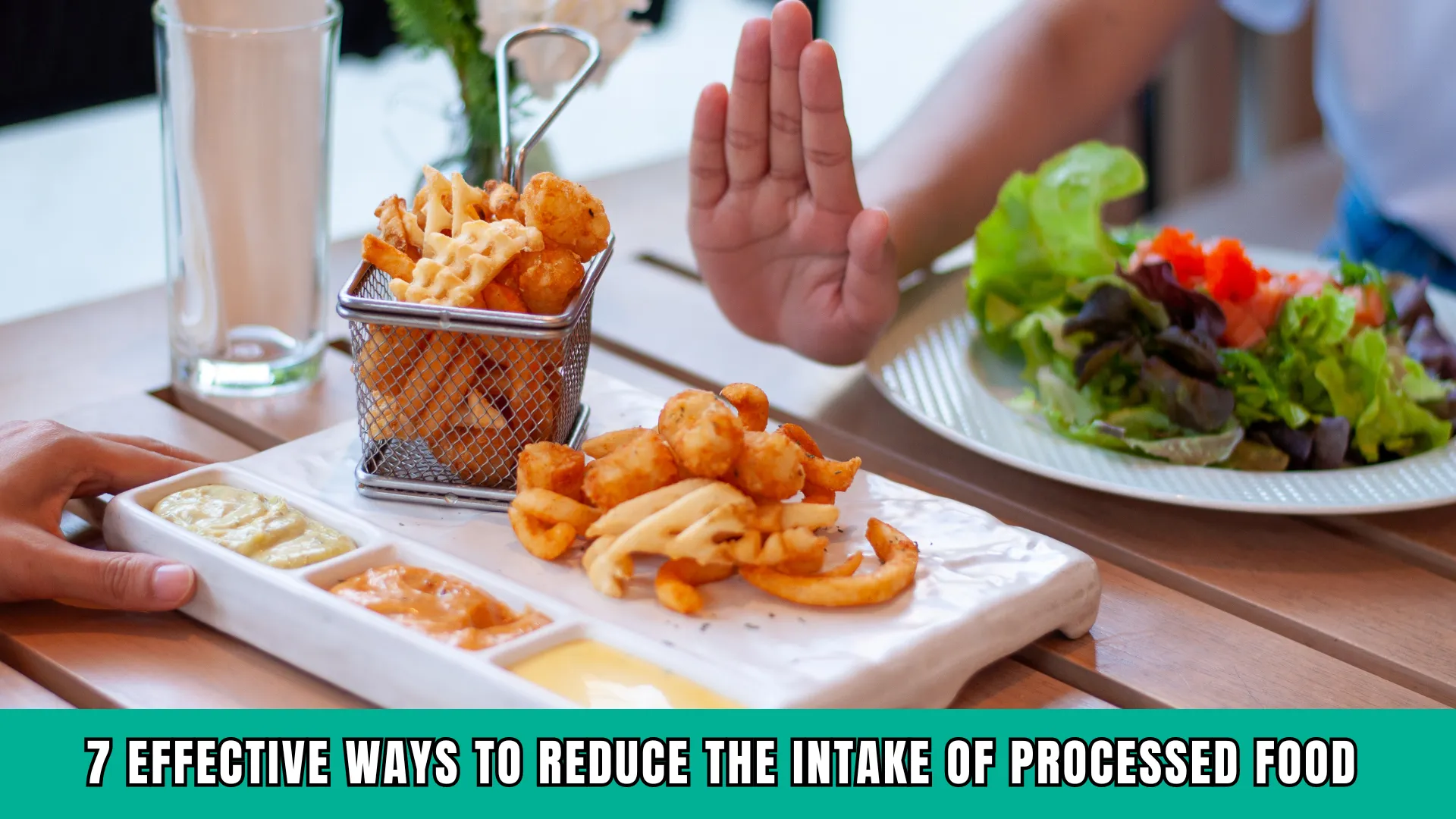
Do you consume too much processed food? The impact on your health can be detrimental. It’s time to transform your diet.
Filling up your meals with fresh produce is the way to go. Vegetables, fruits, legumes and whole grains offer a variety of nutrients.
“Improving your eating habits begins with the commitment to ditch processed food!”
The benefits extend beyond physical well-being. Healthy eating can also help you mentally, increasing your productivity and mood.
Avoiding processed food can be challenging at first. However, mindful shopping choices are the first step towards success.
Steer clear from aisles filled with sugary drinks, ready-made meals and snack bars. Instead, stick to the perimeter of the store where fresh foods are usually located.
You don’t need to purge all processed items at once. A gradual change is more sustainable. Start by reducing one item at a time.
Meal prepping can also be beneficial. Cooking in bulk saves time during the week and keeps you from reaching out for convenience food.
Learning how to read food labels is another essential skill. Stay away from products high in sugar, sodium or containing unrecognizable ingredients.
Remember, balanced diet leads to a healthier you. It’s never too late to adopt better eating habits! Visit Healthline for more tips.
Begin Mindful Eating Practice
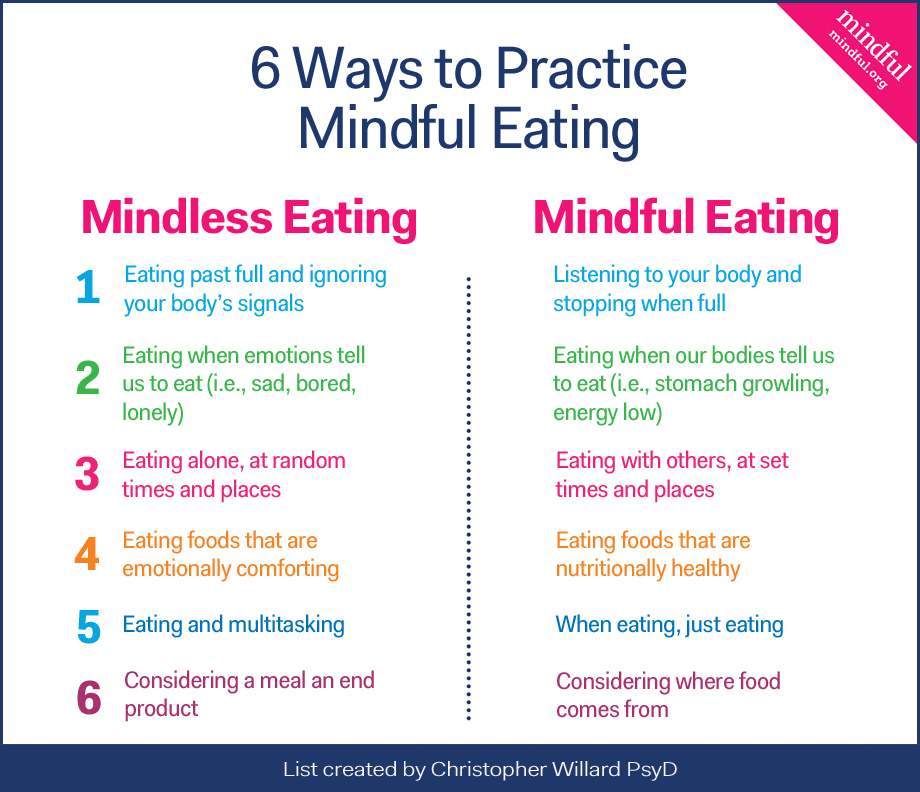
Mindful eating introduces a refreshing take on food consumption. This practice revolves around focusing fully on the eating experience.
At its core, mindful eating encourages appreciating the intricate flavours and textures of our meals. In doing so, not only are we attentive to what we eat but also how we eat.
Akin to meditation, this approach cultivates an intimate relationship with our food. So, how can one kickstart a mindful eating routine?
Let’s delve into six easy habits that will walk you through this transformative journey:
- Eliminate Distractions: The less distracted you are, the more you’ll focus on your meal.
- Savor Every Bite: Take time to enjoy each mouthful. This allows you to taste your food more deeply.
- Chew Slowly: Slowing down your chewing process enhances digestion and nutrient absorption.
- Recognize Hunger Cues: Tune in to your body and identify the signs indicating hunger or fullness.
- Choose Quality over Quantity: Prioritize nutritious, high-quality foods instead of bingeing on low-grade meals.
- Express Gratitude: Before diving in, appreciate your meal. This fosters a deeper connection with your food.
Taking small strides towards mindfulness can foster a significant impact on our well-being.Dig deeper into these steps and embrace a balanced lifestyle.
Start a Morning Routine
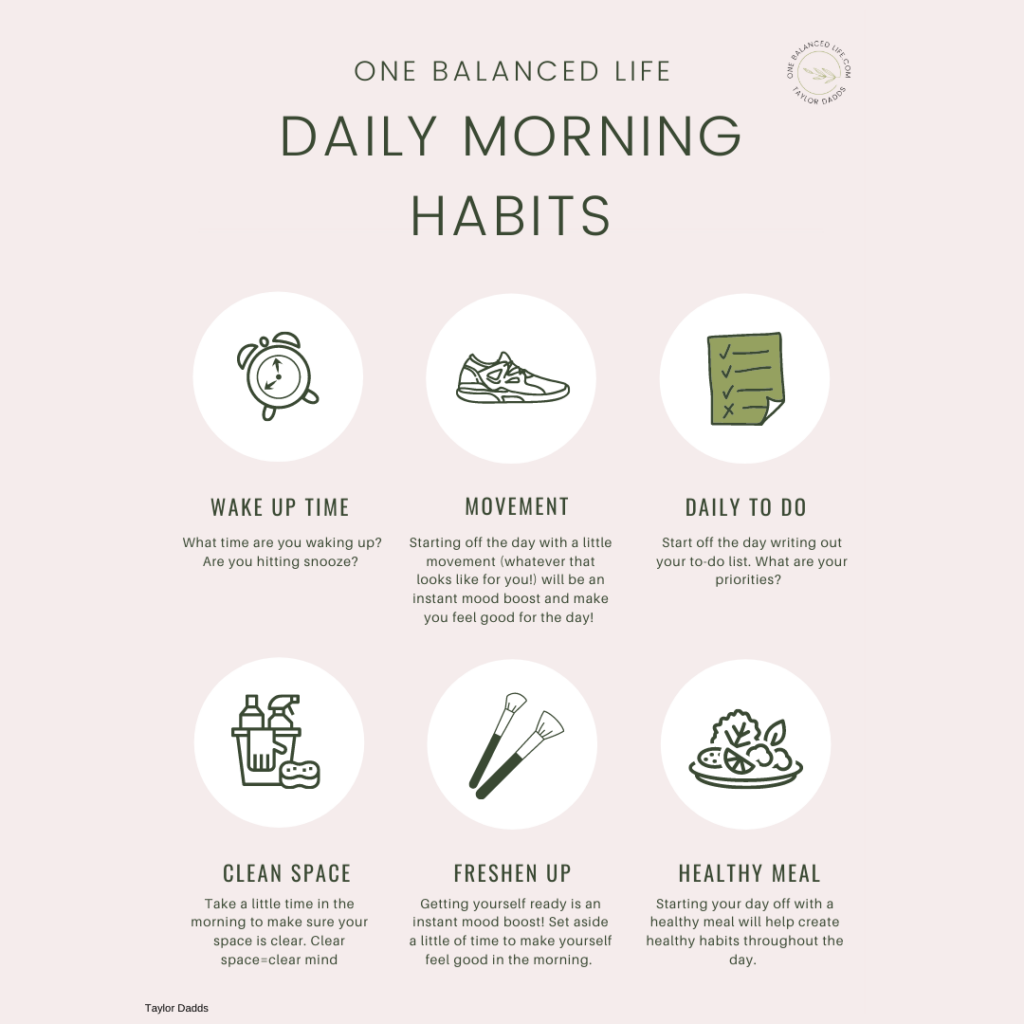
Embarking on a morning routine can be transformative. It sets the tone for the day, instigating positivity and productivity.
As you rise, adopt simple habits that lead to success. Science has shown that consistency in the early hours can enhance one’s mood and increase mental agility.
- Meditate: Even a brief spell of meditation can foster tranquility and clarity.
- Exercise: A few minutes of physical activity energizes the body and mind.
- Eat healthily: Fueling your body with a nutritious breakfast is paramount for maintaining energy levels.
- Plan Your Day: Outline your day’s tasks and goals for much-needed direction.
An effective routine encourages an organized lifestyle. It’s not about cramming activities but incorporating the essentials for holistic well-being.
A morning routine is personal. It should resonate with your needs and lifestyle. If you’re interested in more details on this topic, feel free to visit Lifehack.
Above all, it’s important to start small and remain realistic about your goals. Gradually, these simple habits will become effortless parts of your morning.
Clean and Organize Your Space
Maintaining a tidy environment magnetizes positivity and boosts productivity. It starts with simple tasks like decluttering your desk or arranging your belongings.
Let’s dive deep into some easy everyday habits to keep your space clean and organized, ultimately leading to a more harmonious life.
Declutter Regularly
Make decluttering a daily ritual. Let go of unnecessary items that might be occupying physical space in your room and mental space in your mind.
A spotless digital workspace can instigate creativity. Make sure you regularly manage and delete unwanted files from your device.
Become Habitual
Habits take time to form. Regular practice leads to a cleaner and more organized lifestyle. Your actions today determine the environment you will have tomorrow.
Transform cleaning from a chore into a habit. Start with small consistent actions every day, like making your bed or washing dishes immediately after use.
Maintain Your Space
Your surroundings reflect your mental state. A messy environment could lead to stress, while an organized space promotes peace of mind.
Dedicate at least 10-15 minutes every day to keeping your space clean. This little effort contributes significantly over time.
Don’t hesitate to explore Apartment Therapy for more tips on maintaining a tidy living area.
Prioritize Regular Physical Exercise
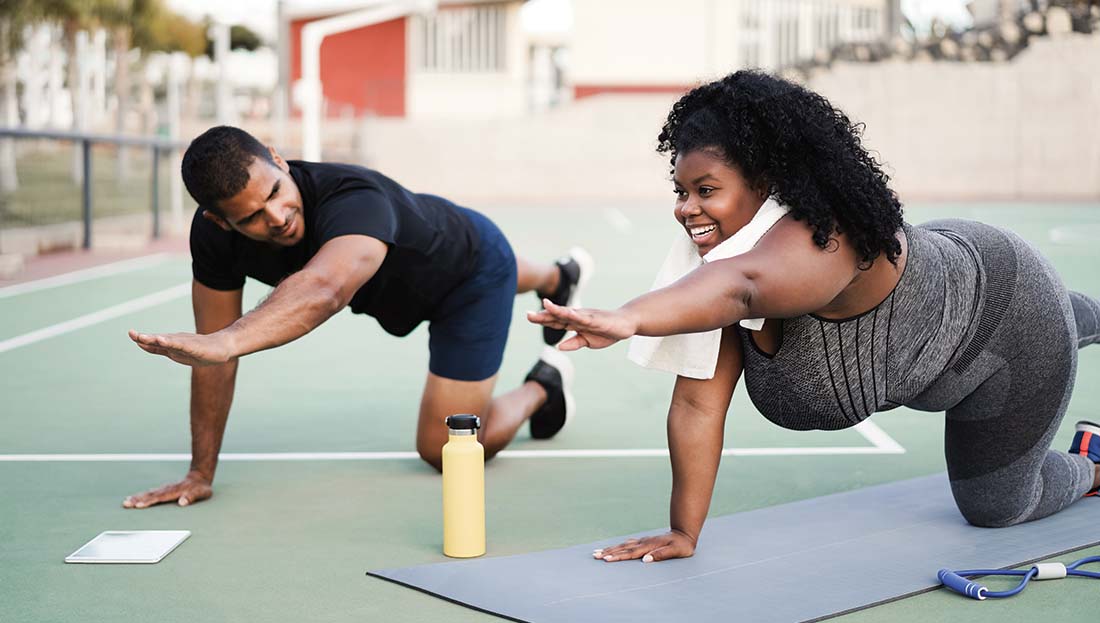
Embracing a habit of regular physical exercise is vitally important. It not only boosts your health but also improves your overall well-being.
Benefits of Regular Exercise
Physical exercise can betters your mood and reduces stress. It also increases energy levels and promotes better sleep patterns.
Your physique improves with regular exercise. It aids in weight management, strengthens muscles, and enhances flexibility.
Finding the Right Exercise
There are various forms of exercise to choose from. Yoga, running, swimming or lifting weights might appeal to you.
Choosing an activity you enjoy helps maintain consistency. Try experimenting with different workouts until you find your favourite.
Starting Small
Aim for realistic, achievable goals when starting a new workout routine. Remember, any physical activity is better than none.
Gradually increase the duration and intensity of workouts. Steady progression helps avoid injury and discourages burnout.
For more information on how to start exercising regularly, consider visiting the Mayo Clinic’s guide to physical fitness.
Say No When Necessary

Establishing boundaries is crucial to maintaining a healthy lifestyle. Often, we feel compelled to agree to every request.
However, it’s important to recognize when to say no. This isn’t about being rude but about self-care.
Regularly overstretching yourself can lead to stress, burnout and resentment. Learning to say no is liberating and empowering.
Remember, saying no doesn’t make you selfish. It simply means you’re looking after your own needs and well-being.
| Activity | Stress Level (1-10) | Action Needed |
|---|---|---|
| Work deadline | 7 | Say yes but negotiate an extension if necessary. |
| Friendly invite | 5 | Say no if feeling tired or overwhelmed. |
| Gym Session | 3 | Say yes to maintain health and fitness. |
| Overtime request | 8 | Say no if it interferes with rest or personal commitments. |
| Volunteering request | 4 | Say yes/no based on capacity and passion for the cause. |
| *Note: This table is just an example; individual situations may vary. | ||
Feel free to refer Psychology Today’s article for more advice on setting boundaries.
By practicing saying no, you’ll find a better balance and more happiness in your life.
Mental Hygiene and Mindfulness
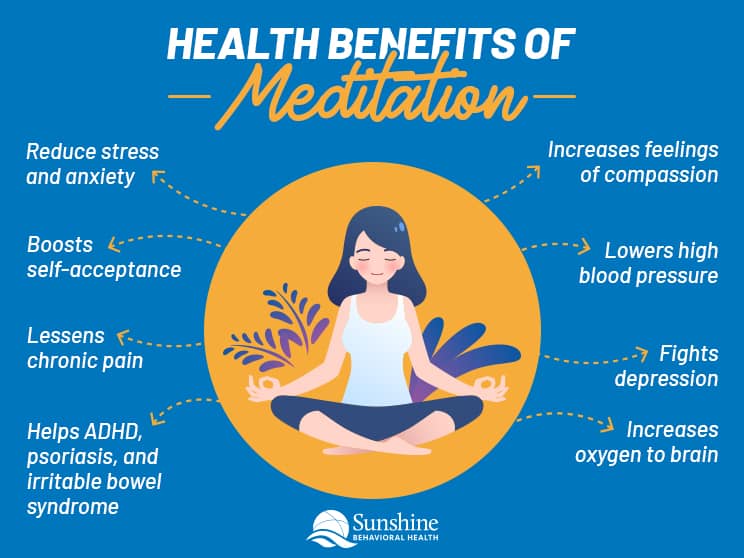
The mind, just like the body, requires regular maintenance. This can be achieved through mindfulness exercises that promote mental hygiene.
But what is mental hygiene exactly? It’s the practice of ensuring your mind stays healthy and functions optimally.
Practicing Mindfulness Everyday
Mindfulness is an easy practice that we can incorporate into our everyday lives. It involves being fully present in the moment.
When we are mindful, we observe our thoughts and feelings from a distance, without judging them as good or bad.
Benefits of Being Mindful
According to various studies, mindfulness can reduce stress and improve overall contentment.
It helps us stay focused, improves our memory, reduces emotional reactions, and enhances relationship satisfaction.
Starting Your Mindfulness Journey
To begin your mindfulness journey, start with small acts. A few minutes of deep breathing or mindful eating can go a long way.
You might consider using apps or online platforms to guide you in your mindfulness practice.
Over time, these small acts become habits that greatly contribute to maintaining optimal mental health.
Take Micro-Breaks for Relaxation

Micro-breaks can be a valuable tool for reducing stress and enhancing productivity. These brief, regular intervals provide much-needed time to rejuvenate your mind and body.
Integrating micro-breaks into your day is easier than you might think. Here are some simple yet effective ways to do this.
- Practice Deep Breathing: This often overlooked exercise can reduce tension in a matter of minutes.
- Stretch Regularly: Light physical activity helps prevent strain and keeps your energy levels up.
- Detox From Screens: Turn away from your computer or phone screen occasionally to rest weary eyes.
These suggestions can be executed in just minutes. A deep-breathed sigh, a couple of stretches, a quick glance outside—tiny snippets of relaxation that add up to substantial benefits.
You may think, “I’m too busy for breaks.” But considering the payoff, can you afford not to take them?
By incorporating micro-breaks, you’re investing not just in your immediate comfort but also in long-term health and productivity. It’s an investment worth making.
So why not start now? Your wellbeing deserves these moments of serenity within the bustle of daily life. Remember to keep the breaks short and sweet—refreshment lies in their brevity.
A new habit begins with a single step—the step you take today may lead to improved wellness tomorrow. Create lasting change by integrating these easy habits into your day-to-day life.
Get Adequate Sleep
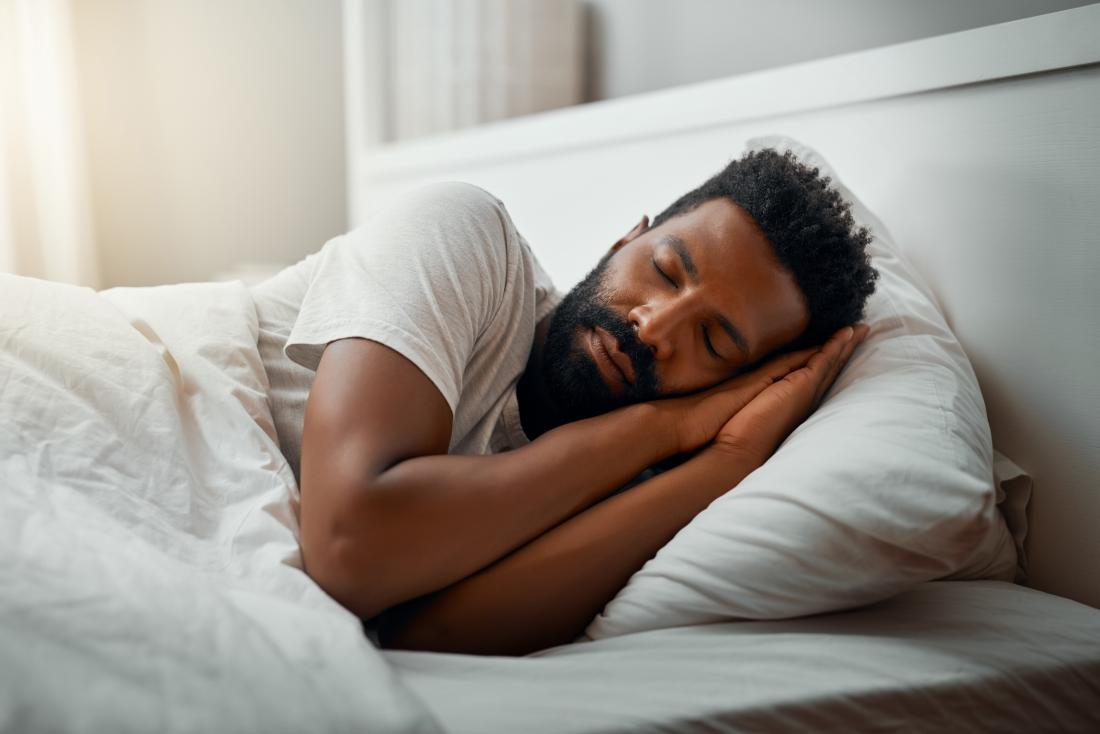
Why is adequate sleep important?
Getting enough sleep is vital for your overall health. It helps in maintaining a healthy weight, improving focus, increasing productivity, and enhancing mood.
Without proper rest, our bodies can’t repair cells, clean toxins, or consolidate memories properly.
How many hours of sleep do we need?
The right amount of sleep varies with age. According to research from WebMD, adults need 7-9 hours of sound sleep per night.
What are the signs that you’re not getting enough sleep?
Feeling tired during the day, relying on coffee to stay awake, struggling to concentrate are some key signs you aren’t getting enough rest.
Drowsiness at inappropriate times may also indicate a lack of quality sleep.
What are some tips for better sleep?
Establishing a regular sleep schedule and creating a comfortable sleeping environment can improve the quality of your rest.
Lifestyle changes like reducing caffeine intake and avoiding electronic screens before bed can also help.
Regular exercise and stress management techniques like meditation or yoga can further enhance your sleep quality.
Can lack of sleep affect your health?
Prolonged periods without adequate rest can lead to chronic conditions like diabetes, obesity, heart disease, and even premature death.
Besides physical health issues, it can also contribute to mental health problems such as depression and anxiety.
Establish Healthy Work-Life Boundaries
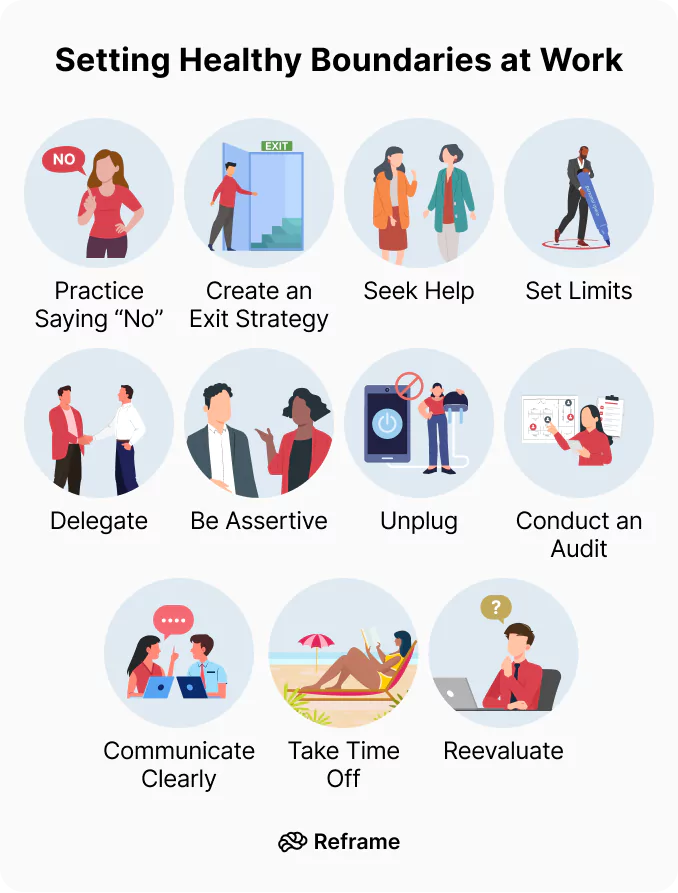
Creating a seamless juncture between your work and personal life can be challenging. But establishing boundaries greatly eases this process.
Start by separating your work and personal time distinctly. This way, you provide undivided attention to both spheres.
Discourage after-hours work communication unless absolutely necessary. Doing so helps you maintain focus on family and relaxation during off-time.
Utilize technology to your advantage. Seek tools that enhance productivity, thus freeing you for leisure activities.
Prioritize tasks and avoid overburdening yourself. Striking a balance prevents burnout.
To master the art of delegation, learn to share responsibilities at work. It is okay to occasionally say no when tasks exceed your potential.
You may want to explore flextime or remote working options if your employer offers them. These adjustments might make it easier for you to balance your various life demands.
Maintain a healthy lifestyle by incorporating exercise into your daily routine. Physical wellness significantly affects your work-life balance.
Last but not least, don’t bring office stress home. Remember to keep your professional and personal life separate.
The key lies in striking a balance that works for you as there is no one-size-fits-all approach when it comes to establishing work-life boundaries.
Practice Daily Acts of Gratitude
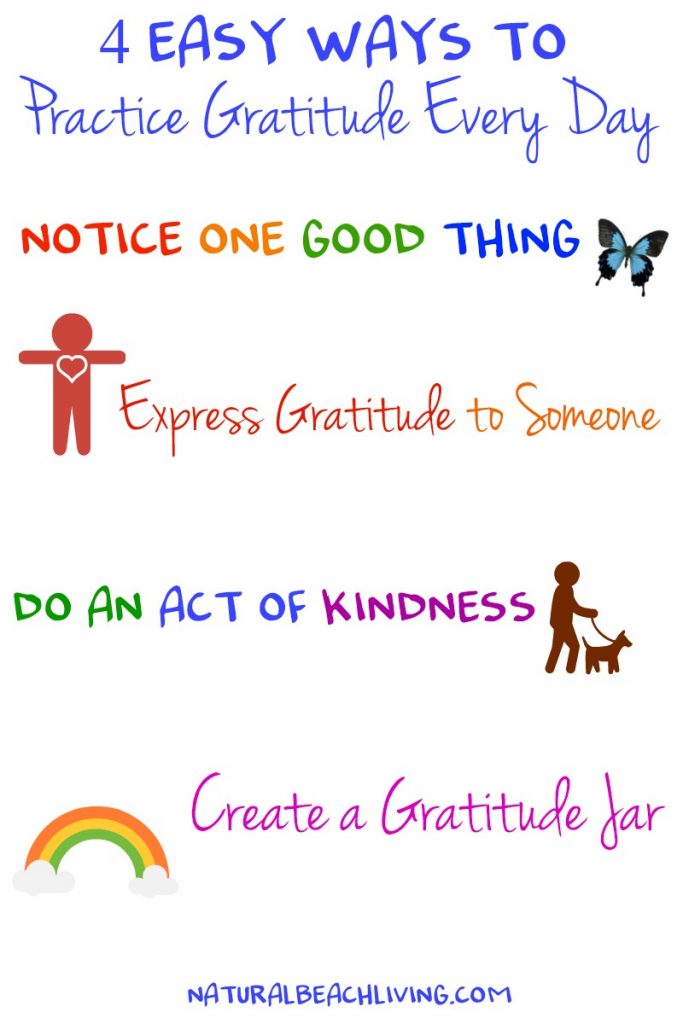
Gratitude takes a regular practice. It’s not something that comes naturally to everyone, but can be cultivated over time.
Studies show that those who routinely express gratitude experience multiple health benefits including lowered stress and improvement in overall wellbeing.
- Keep a gratitude journal: Spend a few minutes each day jotting down things you’re grateful for.
- Express appreciation: Don’t hesitate to let people know when you appreciate something they’ve done.
- Treat yourself: Being kinder to oneself is a direct correlation to feeling grateful.
- Mindfulness meditation: Regular mindfulness meditation can help cultivate a deep sense of gratitude.
Gratitude makes us happier and more satisfied with life. It helps us recognize good experiences, improve health, handle adversity and build strong relationships.
The key is to make gratitude a consistent part of your routine and day-to-day life.
By focusing on the good, we can rewire our brain to adopt a more positive outlook on life. As the saying goes, what we focus on expands.
So, begin practicing daily acts of gratitude today. You just might be surprised at how much positivity flows into your life as a result.
Healthier You Begins
Implementing easy habits like drinking plenty of water, regular exercise, wholesome diet, adequate sleep, and mindfulness can have a significant impact on your overall health. These uncomplicated changes will not only make you feel better but also improve your physical appearance, taking you to a healthier and happier future.
